


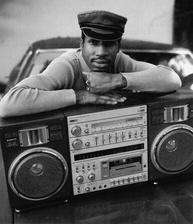






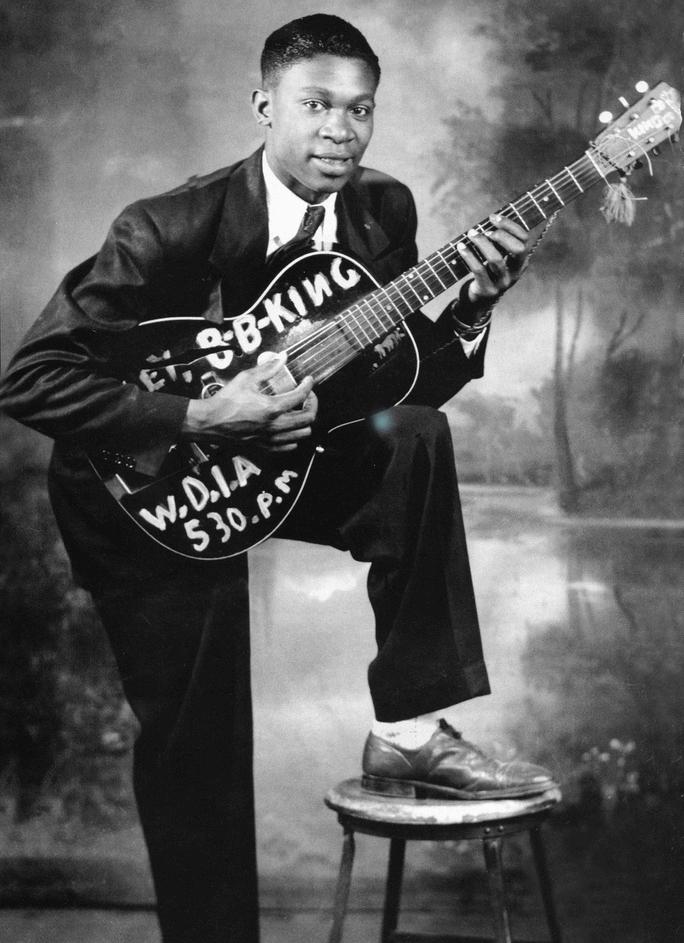


20 24 B L ACKHSTORYMONTHFESTIV A L AIRTUAL+EXPERIEN #BHM FESTIVAL THEASSOCIATIONFORTHE STUDYOFAFRICANAMERICAN LIFEANDHISTORY® THE RETURN OF THE 98TH ANNUAL BLACK HISTORY MONTH LUNCHEON THEARTS 2024BLACKHISTORYTHEM E AFRICAN AMERICANS &





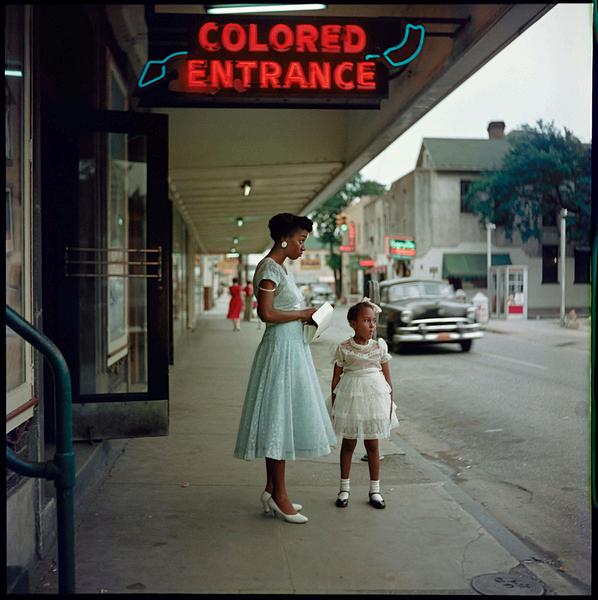
EXECUTIVE THEME SUMMARY
PRESIDENT’S WELCOME
SCHEDULE OF EVENTS
SPONSORS
ORIGINS OF BLACK HISTORY MONTH





ARTWORKS
EXECUTIVE COUNCIL
ASALH PUBLICATIONS
STAFF & CONSULTANTS
LUNCHEON PROGRAM
AUTHOR’S BOOK SIGNING EVENT
VIRTUAL FESTIVAL EVENTS
BOOK PRIZE CALL FOR PROPOSALS
CONTENTS
(FROM TOP LEFT TO RIGHT): Edmonia Lewis; Jean-Michel Basquiat; Horace Pippin; Gordon Parks; Dondi; Augusta Savage; Alma Thomas; Norman Lewis; Sam Gilliam; Alvin Ailey. COVER (FROM TOP LEFT TO RIGHT): Carter G. Woodson, Lena Horne, B.B. King, Loïs Mailou Jones, Gil Scott-Heron, Maya Angelou, Grandmaster Flash, James Baldwin, Bessie Smith, Zora Neale Hurston, Sonia Sanchez, August Wilson
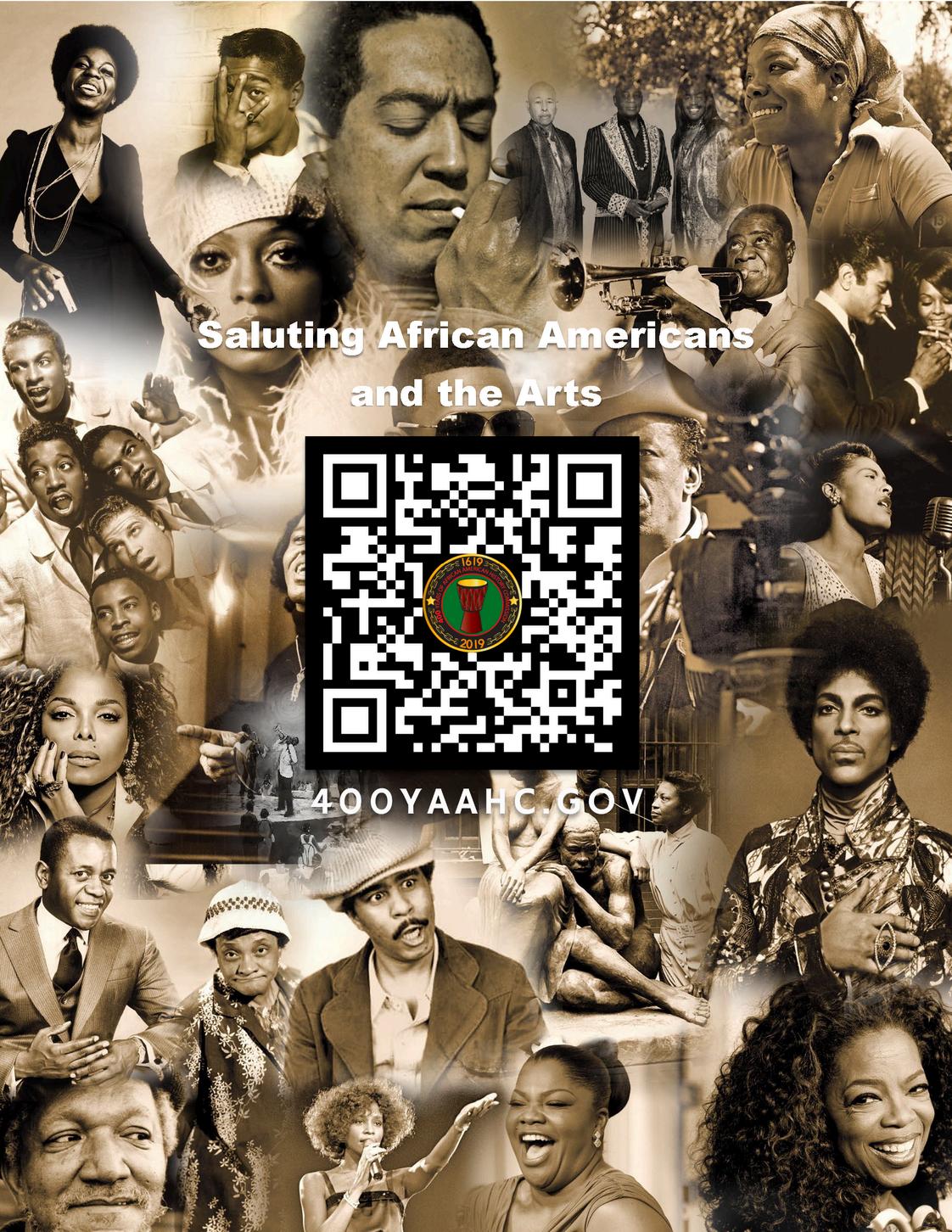
2024 EXECUTIVE THEME SUMMARY: AFRICAN AMERICANS AND THE ARTS
African American art is infused with African, Caribbean, and the Black American lived experiences. In the fields of visual and performing arts, literature, fashion, folklore, language, film, music, architecture, culinary and other forms of cultural expression, the African American influence has been paramount African American artists have used art to preserve history and community memory as well as for empowerment Artistic and cultural movements such as the New Negro, Black Arts, Black Renaissance, hip-hop, and Afrofuturism, have been led by people of African descent and set the standard for popular trends around the world. In 2024, we examine the varied history and life of African American arts and artisans.
For centuries Western intellectuals denied or minimized the contributions of people of African descent to the arts as well as history, even as their artistry in many genres was mimicked and/or stolen However, we can still see the unbroken chain of Black art production from antiquity to the present, from Egypt across Africa, from Europe to the New World Prior to the American Revolution, enslaved Africans of the Lowcountry began their more than a 300-year tradition of making sweetgrass baskets, revealing their visual artistry via craft.
The suffering of those in bondage gave birth to the spirituals, the nation’s first contribution to music. Blues musicians such as Robert Johnson, McKinley ‘Muddy Waters’ Morganfield and Riley “BB” B King created and nurtured a style of music that became the bedrock for gospel, soul, and other still popular (and evolving) forms of music Black contributions to literature include works by poets like Phillis Wheatley, essays, autobiographies, and novels by writers such as David Walker and Maria Stewart. Black aesthetics have also been manifested through sculptors like Edmonia Lewis and painters like Henry O. Tanner.
In the 1920s and 30s, the rise of the Black Renaissance and New Negro Movement brought the Black Arts to an international stage Members of the armed forces, such as James Reese Europe, and artists such as Langston Hughes, Josephine Baker and Lois Mailou Jones brought Black culture and Black American aesthetics internationally, and Black culture began its ascent to becoming a dominant cultural movement to the world. In addition to the Harlem Renaissance, today we recognize that cities like Los Angeles, Chicago, and New Orleans also were home to many Black artists.
The 1960s continued this thread through the cultural evolution known as the Black Arts Movement, where artists covered issues such as pride in one’s heritage and established art galleries and museum exhibitions to show their own work, as well as publications such as Black Art This period brought us artists such as Alvin Ailey, Judith Jamison, Amiri Baraka, Nikki Giovanni and Sonia Sanchez. The movement would not have been as impactful without the influences from the broader Black world, especially the Negritude movement and the writings of Frantz Fanon.
In 1973, in the Bronx, New York Black musicians (i e DJ Kool Herc and Coke La Rock) started a new genre of music called hip-hop, which comprises five foundational elements (DJing, MCing, Graffiti, Break Dancing and Beat Boxing) Hip-hop performers also used technological equipment such as turntables, synthesizers, drum machines, and samplers to make their songs. Since then hip-hop has continued to be a pivotal force in political, social, and cultural spaces and was a medium where issues such as racial violence in the inner city, sexism, economic disinvestment and others took the forefront.
The term Afrofuturism was used approximately 30 years ago in an effort to define cultural and artistic productions (music, literature, visual arts, etc ) that imagine a future for Black people without oppressive systems, and examines how Black history and knowledge intersects with technology and science Afrofuturist elements can be found in the music of Sun Ra, Rashan Roland Kirk, Janelle Monáe and Jimi Hendrix. Other examples include sci-fi writer Octavia Butler’s novels, Marvel film Black Panther, and artists such as BritishLiberian painter Lina Iris Viktor, Kenyan-born sculptor Wangechi Mutu, and Caribbean writers and artists such as Nalo Hopkinson, and Grace Jones
In celebrating the entire history of African Americans and the arts, the Association for the Study of African American Life and History (ASALH) puts into the national spotlight the richness of the past and present with an eye towards what the rest of the twenty-first century will bring. ASALH dedicates its 98th Annual Black History Theme to African Americans and the arts.

Dear ASALH Family,
It is Black History Month! It is the month in which the Association for the Study of African American Life and History (ASALH) leads the nation in the recognition and celebration of the history of African Americans As you know, ASALH celebrates African American History 24/7 and 12 months of the year It is the mission and legacy that our founder Dr Carter G Woodson has left us Thus, as he intended when he started Negro History Week in 1926, our celebrations and programs in February are the culmination of the year-long planning and programming for the celebration of our history
As Black History Month begins, I would like to update you on some changes at ASALH On January 25, the Executive Council met and announced the result of the membership vote for Dr. Kaye Wise Whitehead of Loyola University, Maryland as the new Secretary of ASALH
At the same meeting, three new corporate members were appointed to the Executive Council. They are: Nora Blackman-Richards, Director of the Percy E. Sutton SEEK Program and a resident of Long Island, NY.
John E. Adams, a CPA residing in Chicago, IL.
Walter Lanier, an attorney from Milwaukee, WI.
We welcome these new members of the Executive Council and look forward to the contributions that they will make to ASALH.
Black History Month is also when ASALH kicked off its annual Festival. This year’s Black History Month theme is “African Americans and the Arts. ” Last evening the opening program consisted of a panel discussion on “The Black Presence in Sci-Fi, Anime and Comics. ” The recording can be found on ASALH TV, our YouTube channel. Share this important discussion about how African Americans have once again contributed to a new and exciting genre of the arts. Our goal is to reach 6,000 subscribers by the end of the month. Subscribe to ASALH TV and ask others in your network to do so. Our video library has close to 300 programs that support our mission and vision.
The program is just one of a month-long series of programs about African Americans and the Arts. See ASALH’s website for more information about the Black History Month Festival. Our branches have events planned as well. Support these events as well. You can also purchase tickets and tables for the annual Black History Month Luncheon that will take place in Washington, DC on February 24, 2024. I look forward to seeing you there.
Lastly, we mourn the loss of a dear friend, The Black Eagle, Joe Madison. The impact that he made as a journalist, civil rights and social justice activist, and author is legendary. In 2023, Mr. Madison was presented with an ASALH Council Award of Special Recognition. He will be sorely missed.
S WELCOME FROM THE ASALH PRESIDENT
 W. Marvin Dulaney President
W. Marvin Dulaney President
Association for the Study of African American Life and History
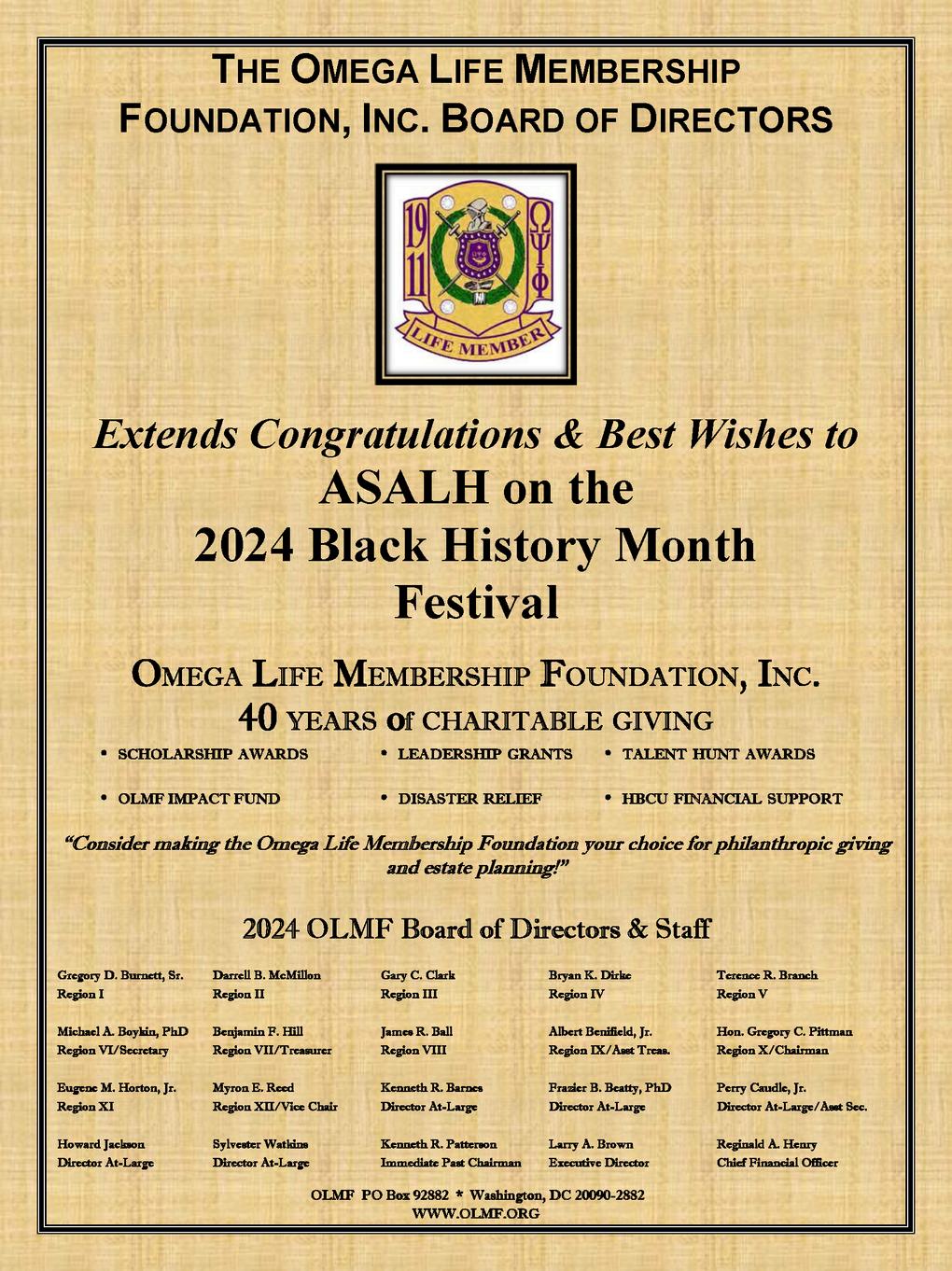


SCHEDULE OF EVENTS
FEBRUARY 24, 2024
10:00 A.M. EST
FEBRUARY 24, 2024
12:00 P.M. EST
IN-PERSON EVENTS
PBS FRONTLINE THE WESTIN | WASHINGTON, D.C.
98TH ANNUAL BLACK HISTORY LUNCHEON THE WESTIN | WASHINGTON, D.C.
VIRTUAL PROGRAMS
THESE EVENTS ARE FREE AND OPEN TO THE PUBLIC
FEBRUARY 1, 2024
6:00 P.M. EST
FEBRUARY 7, 2024
8:00 P.M. EST
FEBRUARY 8, 2024
6:00 P.M. EST
FEBRUARY 13, 2024
6:00 P.M. EST
FEBRUARY 14, 2024
8:00 P.M. EST
FEBRUARY 15, 2024
6:00 P M EST
FEBRUARY 20, 2024
6:00 P.M. EST
FEBRUARY 22, 2024
6:00 P.M. EST
FEBRUARY 28, 2024
8:00 P.M. EST
THE BLACK PRESENCE IN SCI-FI, ANIME AND COMICS ASALH TV
VISIONS OF AMERICA: ALL STORIES, ALL PEOPLE, ALL PLACES ASALH TV
STREET ART IN THE AFRICAN AMERICAN COMMUNITY ASALH TV
AFRO-CENTRISM AND AMERICAN KINSHIP: A VISUAL EXPLORATION ASALH TV
CHERYL WILLS – ISN’T THE GRACE AMAZING ASALH TV
THE IMPACT OF THE ARTS IN THE GULLAH GEECHEE COMMUNITY ASALH TV
ASALH BOOK PRIZE EVENT ASALH TV
HARMONY OF FREEDOM: ECHOES FROM THE UNDERGROUND RAILROAD ASALH TV
PBS BOOKS READERS CLUB | HENRY LOUIS GATES, JR. ASALH TV

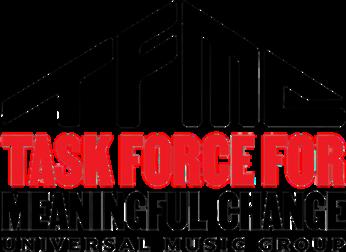













CULTURAL LEVEL LEGACY LEVEL HISTORY LEVEL HERITAGE LEVEL PRESERVATION LEVEL BARBARA MORLAND CHAMPION LEVEL FESTIVAL LEVEL DCHISTORYCENTER ASSOCIATIONOFAFRICAN AMERICANMUSEUMS BLACKROSE FOUNDATION FORCHILDREN ZENDECLARK
SPECIAL THANKS TO OUR 2024 SPONSORS
THE ORIGINS OF BLACK HISTORY MONTH


ASSOCIATION FOR THE STUDY OF AFRICAN AMERICAN LIFE AND HISTORY® THE FOUNDERS OF BLACK HISTORY MONTH
THE STORY OF BLACK HISTORY MONTH BEGINS IN CHICAGO IN 1915.
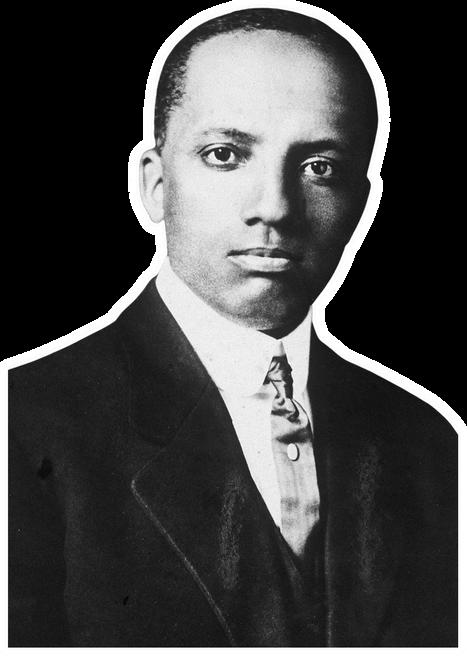
An alumnus of the University of Chicago with many friends in the city, Carter G. Woodson traveled from Washington, D.C. to participate in a national celebration of the fiftieth anniversary of emancipation sponsored by the state of Illinois.
Thousands of African Americans travelled from across the country to see exhibits highlighting the progress their people had made since the destruction of slavery. Awarded a doctorate in Harvard three years earlier, Woodson joined the other exhibitors with a black history display. Despite being held at the Coliseum, the site of the 1912 Republican convention, an overflow crowd of six to twelve thousand waited outside for their turn to view the exhibits. Inspired by the three-week celebration, Woodson decided to form an organization to promote the scientific study of black life and history before leaving town
CARTER G. WOODSON
WHY FEBRUARY?


Woodson chose February for reasons of tradition and reform. It is commonly said that Woodson selected February to encompass the birthdays of two great Americans who played a prominent role in shaping black history, namely Abraham Lincoln and Frederick Douglass, whose birthdays are the 12th and the 14th, respectively. More importantly, he chose them for reasons of tradition. Since Lincoln’s assassination in 1865, the black community, along with other Republicans, had been celebrating the fallen President’s birthday. And since the late 1890s, black communities across the country had been celebrating Douglass’. Well aware of the pre-existing celebrations, Woodson built Negro History Week around traditional days of commemorating the black past. He was asking the public to extend their study of black history, not to create a new tradition. In doing so, he increased his chances for success.
ABRAHAM LINCOLN
FREDERICK DOUGLASS
SEPTEMBER 9, 1915
On September 9th, Woodson met at the Wabash YMCA with A. L. Jackson and three others and formed the Association for the Study of Negro Life and History (ASNLH).
1924 - NEGRO HISTORY WEEK
A graduate member of Omega Psi Phi, he urged his fraternity brothers to take up the work. In 1924, they responded with the creation of Negro History and Literature Week, which they renamed Negro Achievement Week.

1937 - NEGRO HISTORY BULLETIN
In 1937, at the urging of Mary McLeod Bethune, Woodson established the Negro History Bulletin, which focused on the annual theme. As black populations grew, mayors issued Negro History Week proclamations, and in cities like Syracuse progressive whites joined Negro History Week with National Brotherhood Week.

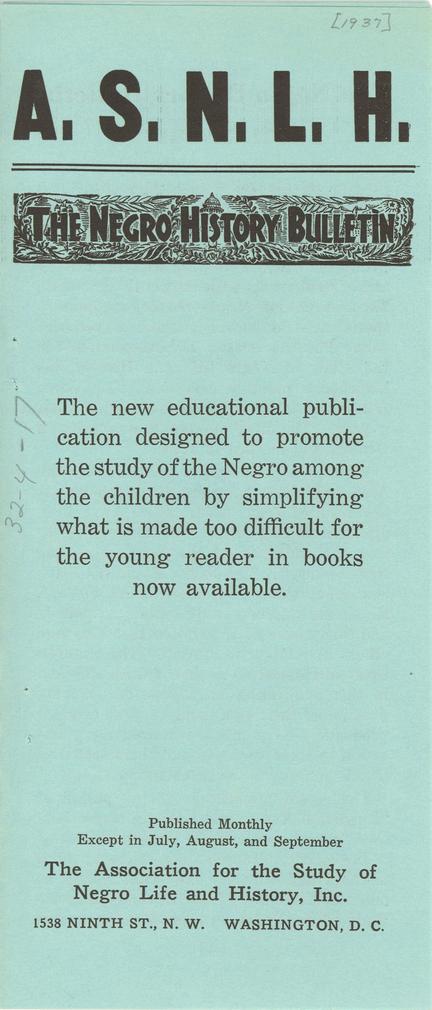
HISTORY WEEK

Dr. Woodson sends out a press release announcing Negro History Week in February, 1926.

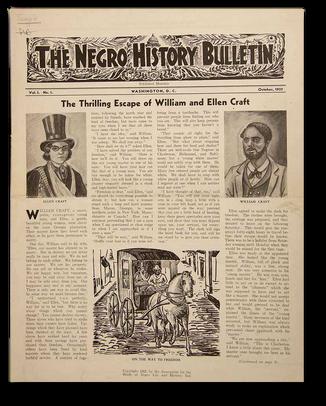
 MARY MCLEOD BETHUNE
MARY MCLEOD BETHUNE

Negro History

1940'S
1930'S
Like most ideas that resonate with the spirit of the times, Negro History Week proved to be more dynamic than Woodson or the Association could control. By the 1930s, Woodson complained about the intellectual charlatans, black and white, popping up everywhere seeking to take advantage of the public interest in black history. He warned teachers not to invite speakers who had less knowledge than the students themselves. Increasingly publishing houses that had previously ignored black topics and authors rushed to put books on the market and in the schools. Instant experts appeared everywhere, and non-scholarly works appeared from “mushroom presses.” In America, nothing popular escapes either commercialization or eventual trivialization, and so Woodson, the constant reformer, had his hands full in promoting celebrations worthy of the people who had made the history.
1936 Cover de Loïs Mailou Jo Negro History Week booklet, 1944.
In the 1940s, efforts began slowly within the black community to expand the study of black history in the schools and black history celebrations before the public. In the South, black teachers often taught Negro History as a supplement to United States history One early beneficiary of the movement reported that his teacher would hide Woodson’s textbook beneath his desk to avoid drawing the wrath of the principal. During the Civil Rights Movement in the South, the Freedom Schools incorporated black history into the curriculum to advance social change. The Negro History movement was an intellectual insurgency that was part of every larger effort to transform race relations
 LOÏS MAILOU JONES
LOÏS MAILOU JONES
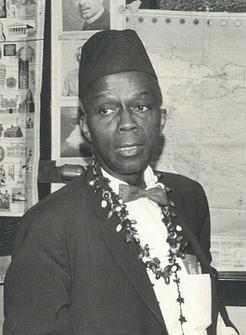
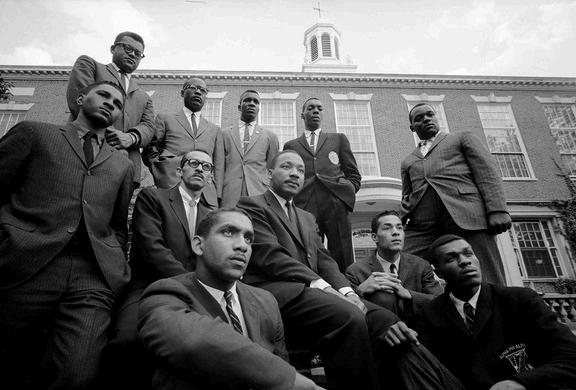
1976
In 1976, fifty years after the first celebration, the Association used its influence to institutionalize the shifts from a week to a month and from Negro history to black history. Since the mid-1970s, every American president, Democrat and Republican, has issued proclamations endorsing the Association’s annual theme.
1960'S
The 1960s had a dramatic effect on the study and celebration of black history. Before the decade was over, Negro History Week would be well on its way to becoming Black History Month. The shift to a month-long celebration began even before Dr. Woodson death. As early as 1940s, blacks in West Virginia, a state where Woodson often spoke, began to celebrate February as Negro History Month. In Chicago, a now forgotten cultural activist, Fredrick H. Hammaurabi, started celebrating Negro History Month in the mid-1960s. Having taken an African name in the 1930s, Hammaurabi used his cultural center, the House of Knowledge, to fuse African consciousness with the study of the black past. By the late 1960s, as young blacks on college campuses became increasingly conscious of links with Africa, Black History Month replaced Negro History Week at a quickening pace. Within the Association, younger intellectuals, part of the awakening, prodded Woodson’s organization to change with the times. They succeeded.
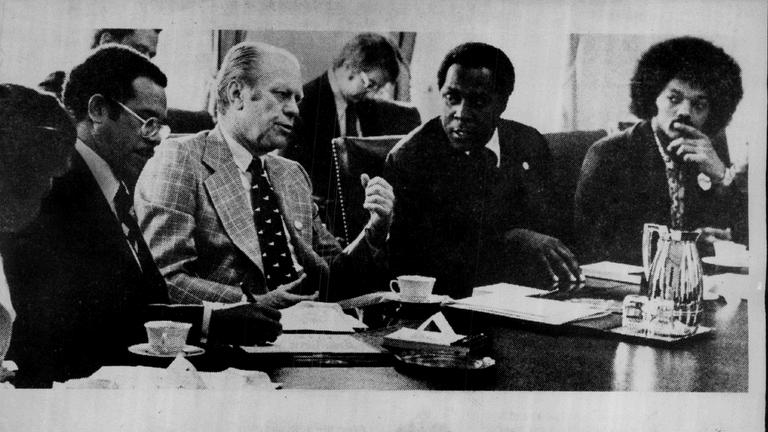 Frederic H. Hammurabi Robb
Under President Gerald Ford, “Negro History Week” became Black History Month in 1976
Civil rights leaders and college students in the 1960s
Frederic H. Hammurabi Robb
Under President Gerald Ford, “Negro History Week” became Black History Month in 1976
Civil rights leaders and college students in the 1960s
"Those who have no record of what their forebears have accomplished lose the inspiration which comes from the teaching of biography and history."
CARTER G. WOODSON
What Carter G. Woodson would say about the continued celebrations is unknown, but he would smile on all honest efforts to make black history a field of serious study and provide the public with thoughtful celebrations

LEARN MORE ABOUT ASALH
Established on September 9, 1915, by Dr. Carter G. Woodson, we are the Founders of Black History Month and carry forth the work of our founder, the Father of Black History.
We continue his legacy of speaking a fundamental truth to the world–that Africans and peoples of African descent are makers of history and coworkers in what W. E. B. Du Bois called, “The Kingdom of Culture.” ASALH’s mission is to create and disseminate knowledge about Black History, to be, in short, the nexus between the Ivory Tower and the global public. We labor in the service of Blacks and all humanity.
ASALH is the world’s oldest learned society devoted to the research, education, culture, and history of people of African descent. Dr. Carter G. Woodson is the recognized “Father” of Black history. From its inception, ASALH has remained the paramount organization dedicated to promoting scholarship involving the life and history of African Americans.
OUR VISION
The vision of the Association for the Study of African American Life and History is to be the premier Black Heritage learned society with a strong network of national and international branches and partners whose diverse and inclusive membership will continue the Woodson legacy.
OUR MISSION
The mission of the Association for the Study of African American Life and History (ASALH®) is to promote, research, preserve, interpret, and disseminate information about Black life, history, and culture to the global community.
STRUCTURE
The Association for the Study of African American Life and History (ASALH®) is headquartered in Washington, D.C., at 301 Rhode Island Ave, NW in Washington, DC. The Association operates as local, state, and international branches promoting greater knowledge of African American history through education, research, and publishing programs.
FROM TOP TO BOTTOM: Portrait of Dr. Carter G. Woodson, ca. 1915; Unidentified man (far left), William Brewer, H. Council Trenholm, Sr., Helen Edmonds, Martin Luther King, Jr., L.D. Reddick and Charles Wesley attended the Association for the Study of Negro Life and History Annual Meeting in Montgomery, Alabama in 1957; Mary McLeod Bethune, Lucy Harth Smith, and Dr Carter G Woodson at ASALH's Annual Conference in Chicago, Illinois in 1940; Committee in charge of the celebration of the 20th anniversary of the Association for the Study of Negro Life and History, 1935 Dr Carter G Woodson is sitting to the far left, Vivian G. Harsh is sitting in the center (white blouse).
The Association for the Study of African American Life and History (EIN: 53-0219640) is a tax-exempt 501 (c)(3) organization Contributions to ASALH are tax-deductible to the extent permitted by law
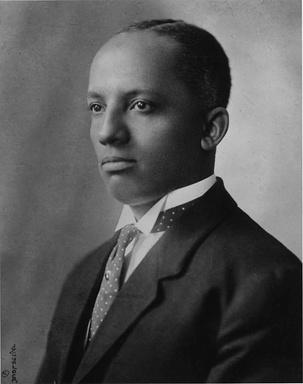







We have branches throughout the United States. In order to join a branch, you must first be a member of ASALH National, and then you must pay the branch dues (if applicable). Contact your branch representative listed on our branch directory for their meeting notices and take your receipt to the meeting to show proof of your National Membership.
VISIT: ASALH.ORG/JOIN FOR MORE INFORMATION.

ASALH FORMER PRESIDENTS
1916-1917
George Cleveland Hall
Robert E. Park
John R. Hawkins
John Hope
Mary McLeod Bethune
Charles Harris Wesley
Lorenzo J. Greene
J. Reuben Sheeler
J. Rupert Picott
Andrew Brimmer
Edgar Toppin
Charles Walker Thomas
Earl E. Thorpe
Samuel L. Banks
Jeanette Cascone (acting)
William Harris
Andrew Brimmer
Robert Harris, Jr.
Janette Hoston Harris
Bettye J Gardner
Edward Beasley
Samuel DuBois Cook, Sr.
Gloria Harper Dickinson
Sheila Y. Flemming
John E Fleming
James B Stewart
Daryl Michael Scott
Evelyn Brooks Higginbotham
W. Marvin Dulaney
BECOME AN ASALH MEMBER
Discounted Conference Registration


Abilitytopresentpapersat theAnnualConference FREE online posting of jobs and events Ability to participate in the Authors’ Book Signing




1936-1951 1952-1964 1965-1966 1966-1967 1968-1970 1971-1973 1974-1976 1977-1980 1981-1982 1983-1984 1984-1985
1917-1920 1921-1930 1931-1936
FOR MORE INFORMATION ON MEMBER BENEFITS AND TO BECOME A MEMBER, VISIT WWW.ASALH.ORG/JOIN AND CLICK ON JOIN.
1986-1988 1989-1990 1991-1993 1993-1995 1995-1997 1997-1999 1999-2001 2001-2003 2004-2006 2007-2009 2010-2012 2013-2015 2016-2021 CURRENT
Digital
OnevoteintheExecutive CouncilElectionsandmore
copies of the Journal of African American History & Black History Bulletin
ALL ASALH MEMBERS ENJOY


EXECUTIVE COUNCIL


DR. KAYE WISE WHITEHEAD SECRETARY

DR. IDA E. JONES VICE PRESIDENT FOR MEMBERSHIP

MS. AAISHA HAYKAL VICE PRESIDENT FOR PROGRAMS

MS. VALERIE HOLT TREASURER
MS. SYLVIA Y. CYRUS EXECUTIVE DIRECTOR

EXECUTIVE COUNCIL MEMBERS
Mr. Jeffrey A. Banks
Ms. Denise Rolark Barnes
Ms. Karen Cook Bell
Prof. Lyman A. Brodie
Dr. Cornelius L. Bynum
Mr. Anthony Cade II
Dr. Sundiata K. Cha-Jua
Ms. Natanya Duncan
Dr. Deidre Foreman
Dr. Jarvis R. Givens
Ms. Aisha Johnson
Mr. Lionel Kimble
Dr. Lopez D. Matthews, Jr.
Dr. Zebulon Vance Miletsky
Dr. Kenvi Phillips
Mr. Daryl Michael Scott
Rev. Anita Shepherd
Ms. Gladys Gary Vaughn
Mr. Augustus C. Wood
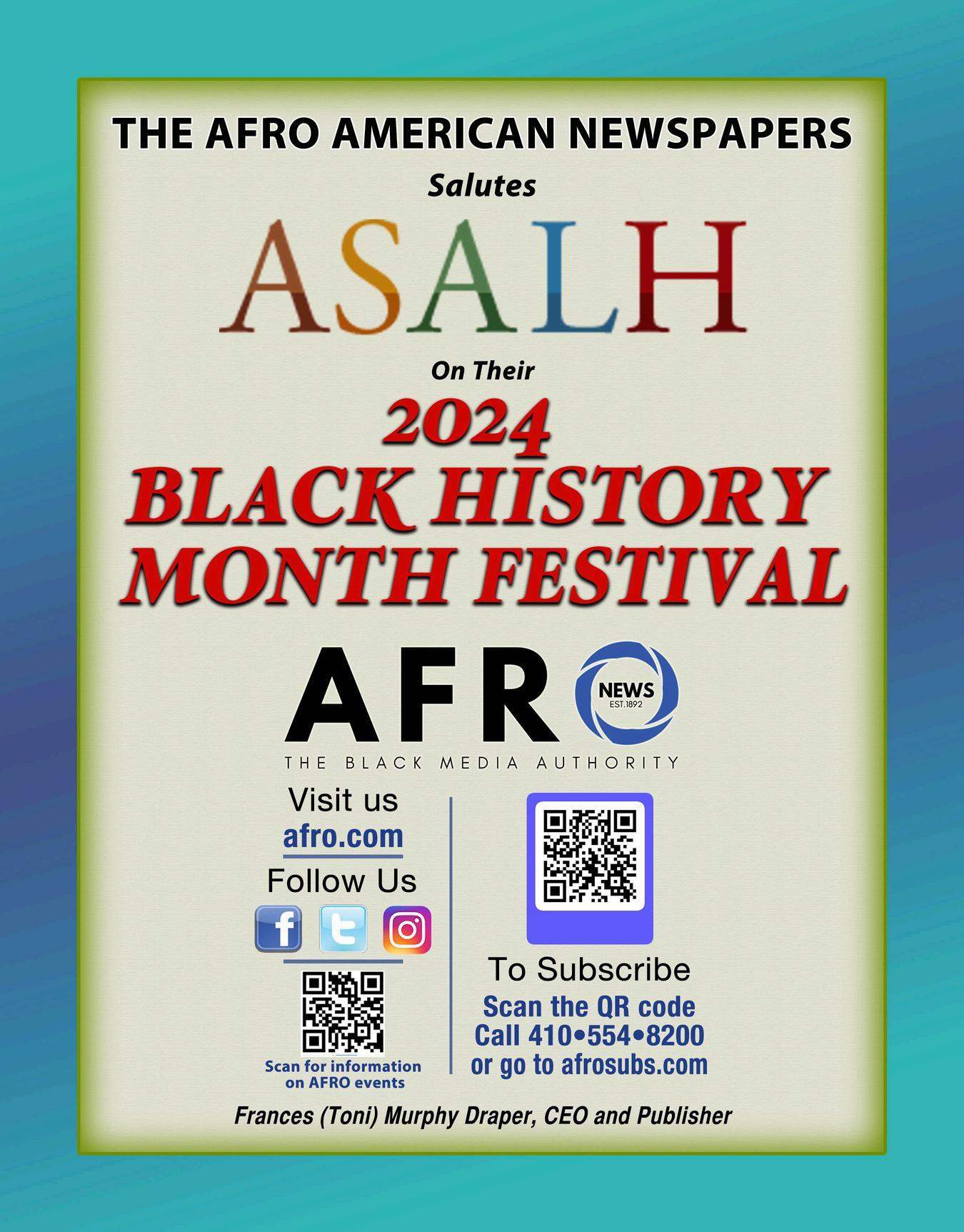


ASALH STAFF

WANDA FLOWERS OPERATIONS MANAGER
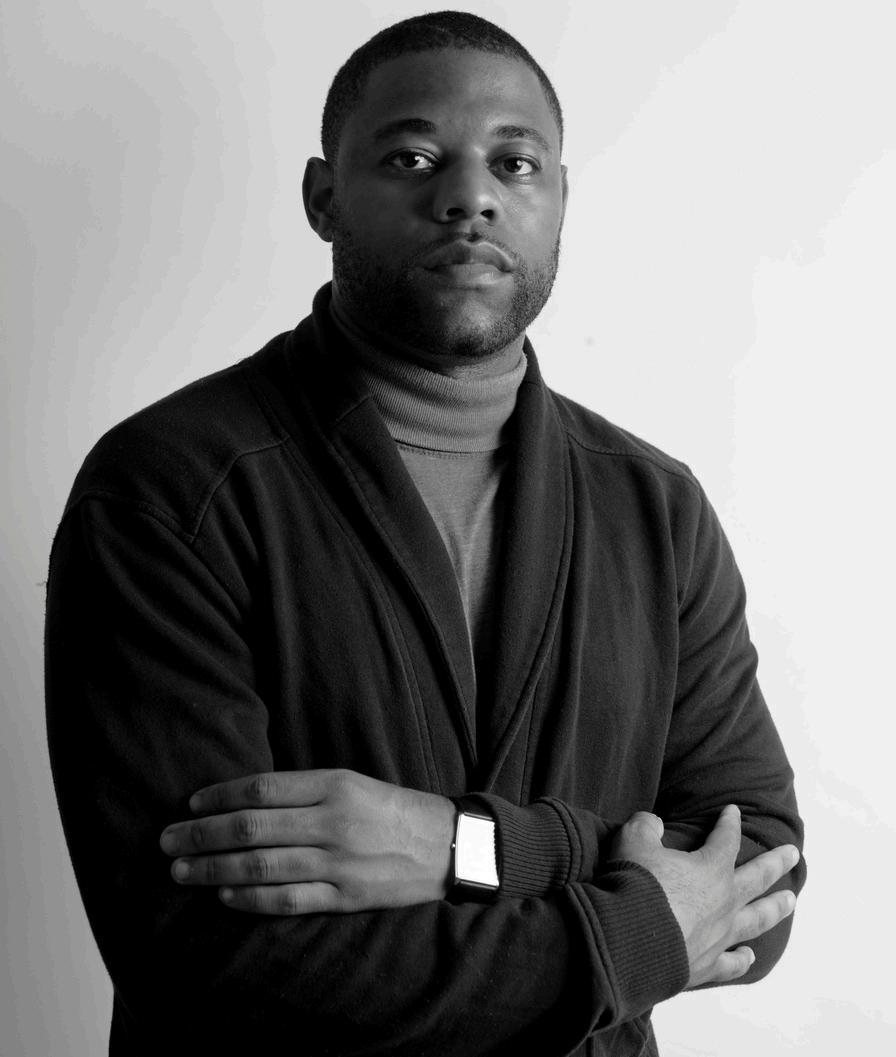
ROBERT BRODIE EXECUTIVE ASSISTANT


TAYLOR GRESHAM SUPPORT STAFF

GLORIA NKANKA MEMBERSHIP SUPPORT
HOLLY FISHER-HI HISTORIAN
CONSULTANTS
7Pointe Planning, Festival Event Planner
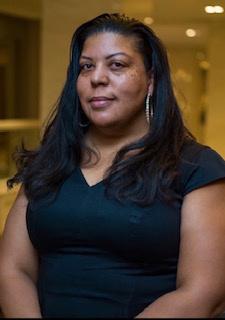
Chenelle Cates, Social Media Manager
Terrance Friday, Technology Specialist

Rory Gruler, Spot Design
KAY PHILLIPS PROGRAMS MANAGER
Kirsten Haakonsen, Kit Hawk Designs
Gaynelle Jackson, Advanced Planning Services
Kenya King, Project Manager
Michael J. Schwartz, Halodezign, LLC
Delani Weaver, Web Content Specialist
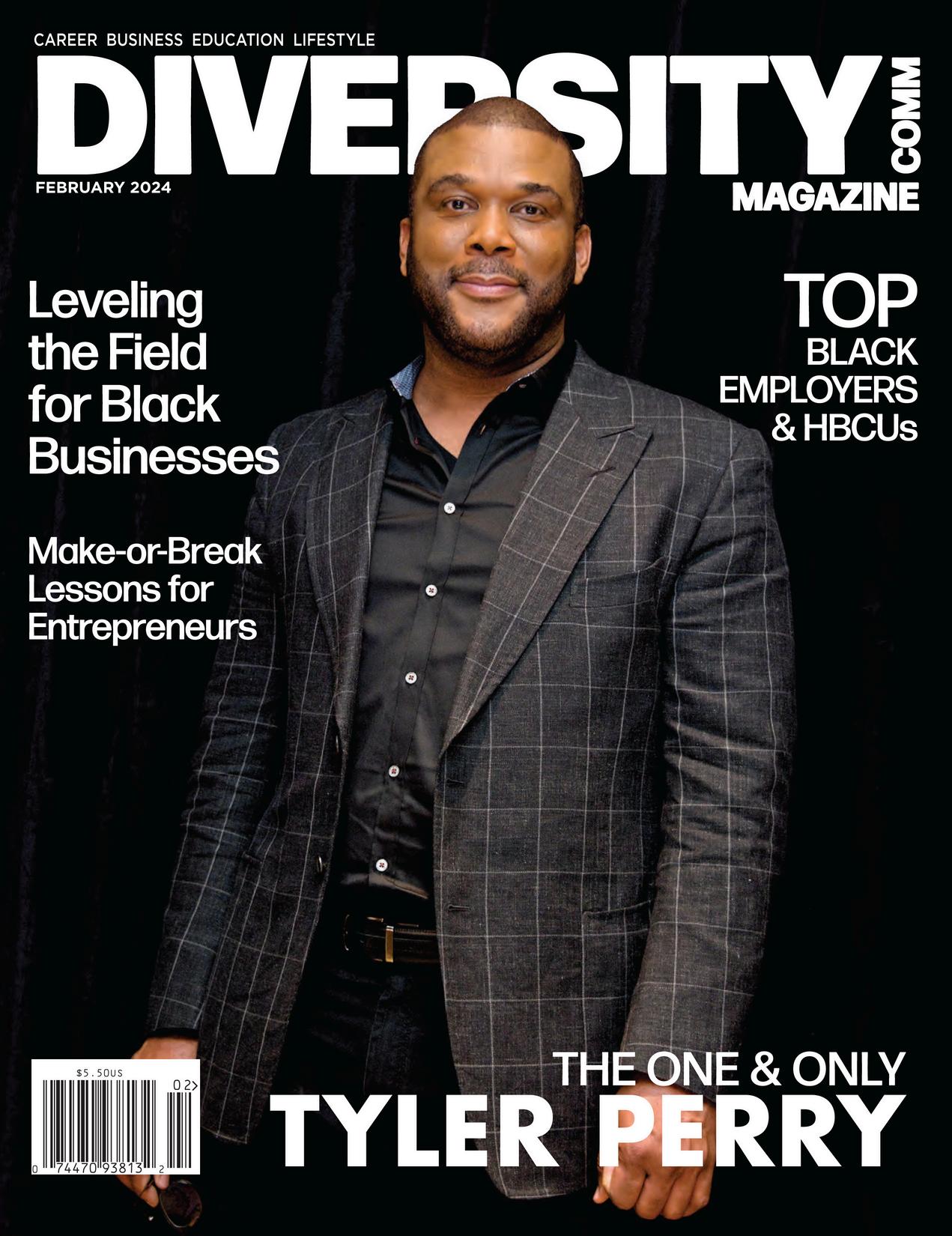
DiversityComm Magazine Subscription for ASALH Participants! DiversityComm Magazine (DCM) is the premier resource magazine providing career, business, education opportunities, lifestyle news and is the link between the qualified students, career & business candidates, educational institutions, corporate America and the federal government. Subscribe for FREE today!
JOURNAL OF AFRICAN AMERICAN HISTORY
FormerlytheJournalofNegroHistory
FoundedbyCarterG Woodson,January1,1916
EDITOR
BERTIS D. ENGLISH
Alabama State University
ASSOCIATE EDITOR
DERRICK P. ALRIDGE
University of Virginia, Charlottesville
ASSISTANT EDITOR
CRYSTAL R. SANDERS
Emory University
BOOK REVIEW EDITOR
MAURICE ROBINSON
Alabama State University
ASSISTANT BOOK REVIEW EDITOR
DERRYN E. MOTEN
Alabama State University
EDITORIAL ASSISTANT
DAVID TAYLOR COOK
Alabama State University

JOURNAL OF AFRICAN AMERICAN HISTORY EDITORIAL BOARD
LESLIE ALEXANDER
Rutgers University
SHAWN L. ALEXANDER
University of Kansas
DAVARIAN L. BALDWIN
Trinity College
CHARISSE BURDEN-STELLY
Wayne State University
KAREN COOK BELL
Bowie State University
DENNIS C. DICKERSON
Vanderbilt University
JELANI M. FAVORS
North Carolina Agricultural and Technical State University
VALERIE GRIM
University of Indiana-Bloomington
WILL GUZMÁN
North Carolina Central University
MAURICE J. HOBSON
Georgia State University
MARTHA S. JONES
Johns Hopkins University
CHERISSE JONES-BRANCH
Arkansas State University
BLAIR L. M. KELLEY
University of North Carolina-Chapel Hill
IBRAM X. KENDI
Boston University
CHARLES MCKINNEY JR.
Rhodes College
KHALIL GIBRAN MUHAMMAD
Harvard University
KEVIN J. MUMFORD
University of Illinois at UrbanaChampaign
JEFFREY O G OGBAR
University of Connecticut
RUSSELL RICKFORD
Cornell University
NIKKI M. TAYLOR
Howard University
ULA YVETTE TAYLOR
University of California, Berkeley
STEPHANIE J. SHAW
Ohio State University
QUITO J. SWAN
George Washington University
AUGUSTUS C. WOOD
University of Illinois UrbanaChampaign
DARIUS J. YOUNG
Florida Agricultural and Mechanical University

The Association for the Study of
BLACK HISTORY BULLETIN


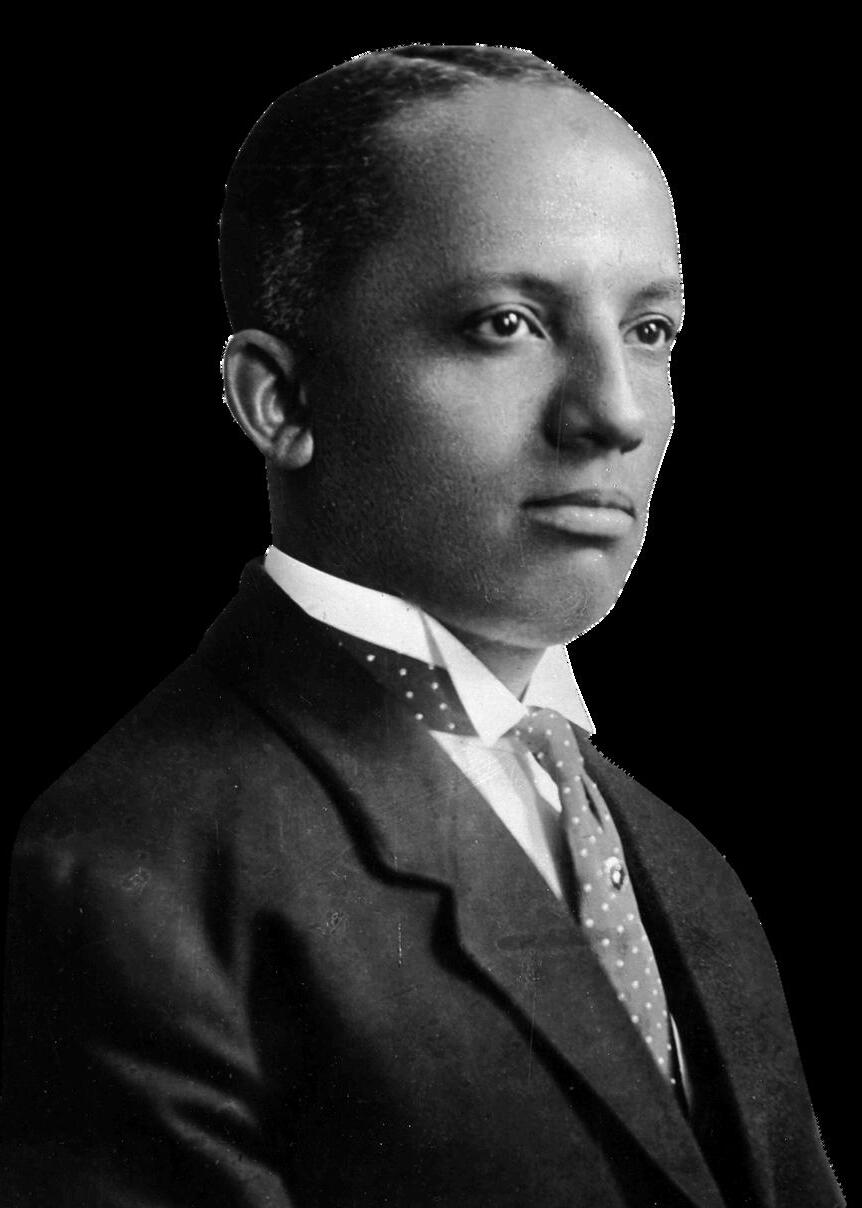
Crates


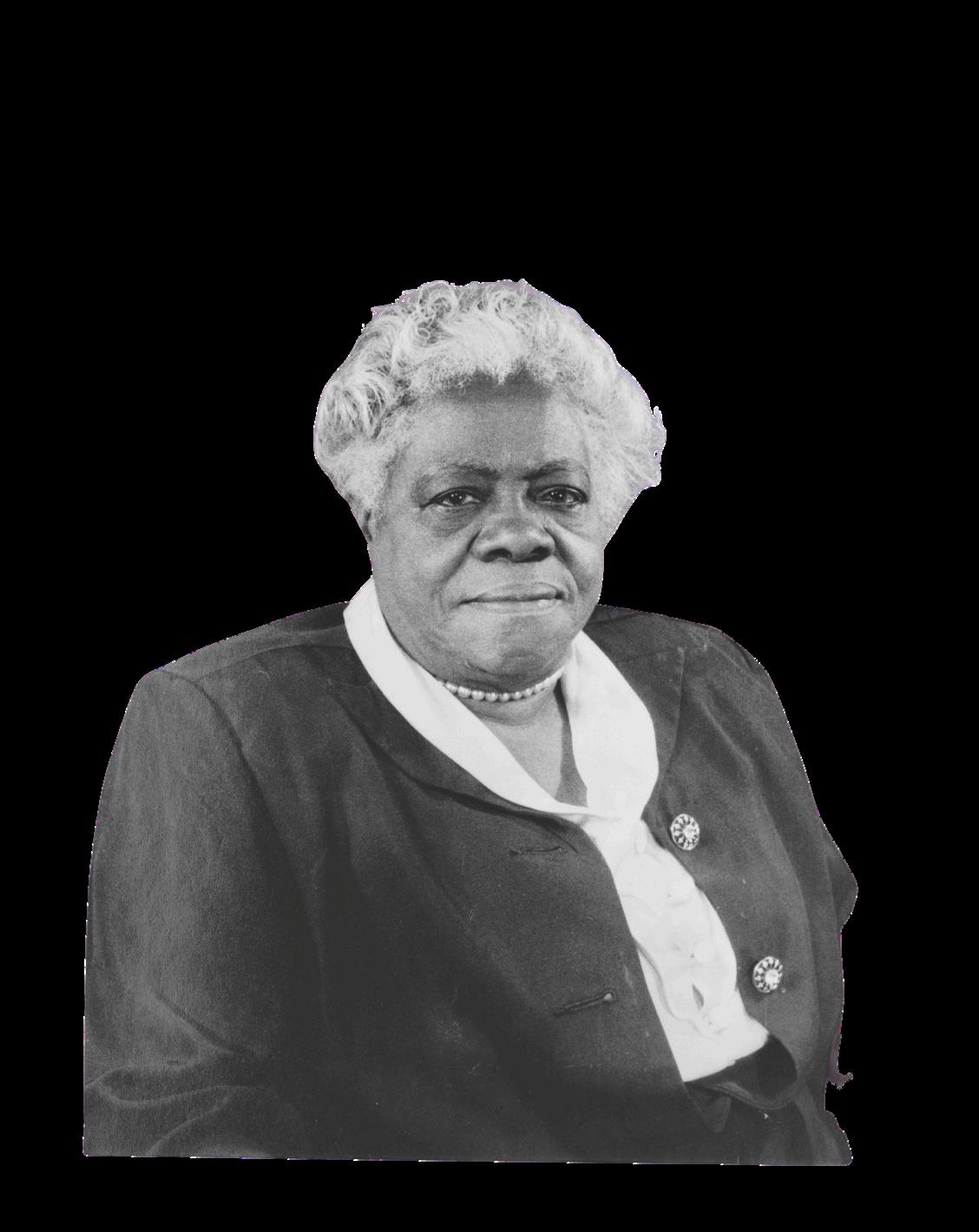

ce
to Spark Genius Years
(BHB) is dedicated to enhancing teaching and tory. Its aim is to publish, generate, and ed information about African Americans in U.S. ora generally, and the peoples of Africa.
Black History Bulletin.
Black History Bulletin
odson created the BHB at the request of e, ASALH board member and founder of rsity. Woodson and Bethune collaborated to would serve the needs of teachers and general the Negro History Bulletin, now known as the ad the full history.
d Last Year
tal BHB Covers
d two digital covers
h anniversary.



African American Life
History's Historical Trauma Black Resistance winsClarionAwardfor Excellence in Communications 2023 2023 WINNER WINNER
and
BLACK HISTORY BULLETIN
National Communication Award Recipient
DR. LA VONNE I. NEAL | CO-EDITOR
Professor Emerita and retired associate vice president, Administration and Finance, Northern Illinois University

DAVID CAMPOS
University of the Incarnate Word
CHARLES DUKES
Florida Atlantic University
JOSEPH E. FLYNN
Northern Illinois University
GENEVA GAY
(PROF EMERITA)
University of Washington


DR. ALICIA L. MOORE | CO-EDITOR
Department chair and Cargill Endowed Professorship in Education holder, Southwestern University
BLACK HISTORY BULLETIN EDITORIAL BOARD
SATASHA GREEN-STEPHEN
Minnesota State
JASON KAHLEED HAYES
Education Strategist
PAMELA LAMAR-DUKES
Florida Atlantic University
PAUL LARUE
(RET ) Washington High School, Ohio

KIM PEARSON
The College of New Jersey
KATHERINE SCOTT STURDEVANT
Pikes Peak State College
ANGELA M. WARD
Urban Public School Equity Leader
GWENDOLYN WEBB
Texas A&M University


COMMITTEES
BLACK HISTORY MONTH FESTIVAL COMMITTEE
Gladys Gary Vaughn, Co-Chair
Sharita Jacobs-Thompson, Co-Chair
Aaisha Haykal
Valerie Maholmes
Zebulon Vance Miletsky
Mesha Williams
ASALH TV COMMITTEE
Lopez Matthews, Chair
Ida E Jones
Tina Ligon
Gladys Gary Vaughn
Kenvi C Phillips
Sylvia Y Cyrus
BOOK PRIZE COMMITTEE
Jarvis R. Givens, Chair
Kellie Carter-Jackson, Co-Chair
Russell Rickford, Co-Chair
Jelani Favors
Hilary Green
Shannon King
MARKETING AND PR COMMITTEE
Zebulon Miletsky, Chair
Mesha Williams, BHM Marketing & PR Chair
Brenda Aghahowa, Vice Chair
Louis Hicks
Kenya King
Lisa Matthews
Denise Rolark Barnes
Janet Sims-Wood
Terry W. Spicer
Rick Terry
David Trowbridge
Andrea "Aunni" Young
Sylvia Y. Cyrus
Aaisha Haykal
Gladys and Sharita for the Luncheon Lopez for the ASALH TV and virtual events
Zebulon Miletsky National Marketing & PR chair
Mesha Williams, Festival Chair
Both of their committee members The ASALH Staff
Our volunteers
THANK YOU TO...



20 24 THE 98TH ANNUAL BLACK HISTORY MONTH LUNCHEON
WestinHotel
Washington,DC FEATURING: CONGRESSMAN HAKEEM JEFFRIES, DR. HASAN JEFFRIES, & MS. DENISE ROLARK BARNES AS MISTRESS OF CEREMONIES PROGRAM
Februa
9999thStreet,NW
VOICE OF GOD
BLACK HISTORY MONTH LUNCHEON PROGRAM
Dr Valerie Maholmes, Luncheon Committee Member
SEATING OF GUESTS
INTRODUCTION OF THE MISTRESS OF CEREMONIES
Ms. Lourdes Robinson, DC Youth Mayor
MISTRESS OF CEREMONIES
Ms. Denise Rolark Barnes, Publisher, The Washington Informer
LIFT EVERY VOICE AND SING Negro National Anthem
Mr. Dana Carter, Marymount University
INVOCATION AND GRACE
The Rev. Dr. Sandra K. James, Assistant Pastor, First Mount Zion Baptist Church, Dumfries, VA
WELCOME AND GREETINGS
Dr. W. Marvin Dulaney, ASALH President
THE OCCASION
Mr. Aaron Myers, District of Columbia Commission on the Arts and Humanities
INTRODUCTION OF EXECUTIVE COUNCIL AND SPECIAL GUESTS
Dr. Gladys Gary Vaughn and Dr. Sharita Jacobs Thompson, Co-Chairs, Luncheon Committee
GREETINGS
Dr. Menna Demessie, Senior Vice President and Executive Director Taskforce for Meaningful Change, Universal Music Group
GREETINGS FROM VP KAMALA HARRIS
Alan Williams, Senior Advisor for Office of Public Engagement & Intergovernmental Affairs, The White House
PRESIDENTIAL PROCLAMATION
Ms Feven Solomon, Senior Advisor for Public Engagement, The White House
LUNCH IS SERVED
KEYNOTE PANELISTS PRESENTATION
Ms. Tiffany Cross, Author and Co-host, Native Land Pod, Washington, DC (Moderator)
The Honorable Hakeem Jeffries, Democratic Leader, United States House of Representatives, Washington, DC
Dr. Hasan Jeffries, Civil Rights and Black Power Movement Historian, The Ohio State University, Columbus, OH
INTRODUCTION OF THE BLACK HERITAGE STAMP
Ms. Lisa Bobb-Semple, Director, Stamp Services, United States Postal Service, Washington, DC
MEMBERSHIP APPEAL
Ms Anita Shepherd, Co-Chair, Membership Committee, Jacksonville, FL
RECOGNITION OF CORPORATE SPONSORS AND DONORS
SPECIAL PRESENTATION OMEGA PSI PHI FRATERNITY, INC. AND OMEGA PSI PHI LIFE MEMBERSHIP FOUNDATION, INC.
Mr. Gregory C. Pittman, Chairman, Omega Life Foundation
Mr. Shawn R. Lacey, 31st 3rd District Representative
CLOSING REMARKS AND ACKNOWLEDGEMENTS
Ms Sylvia Y Cyrus, ASALH Executive Director
BENEDICTION
Dr. Kenyatta Gilbert, Dean, School of Divinity Howard University, Washington, DC
LUNCHEON SPEAKERS
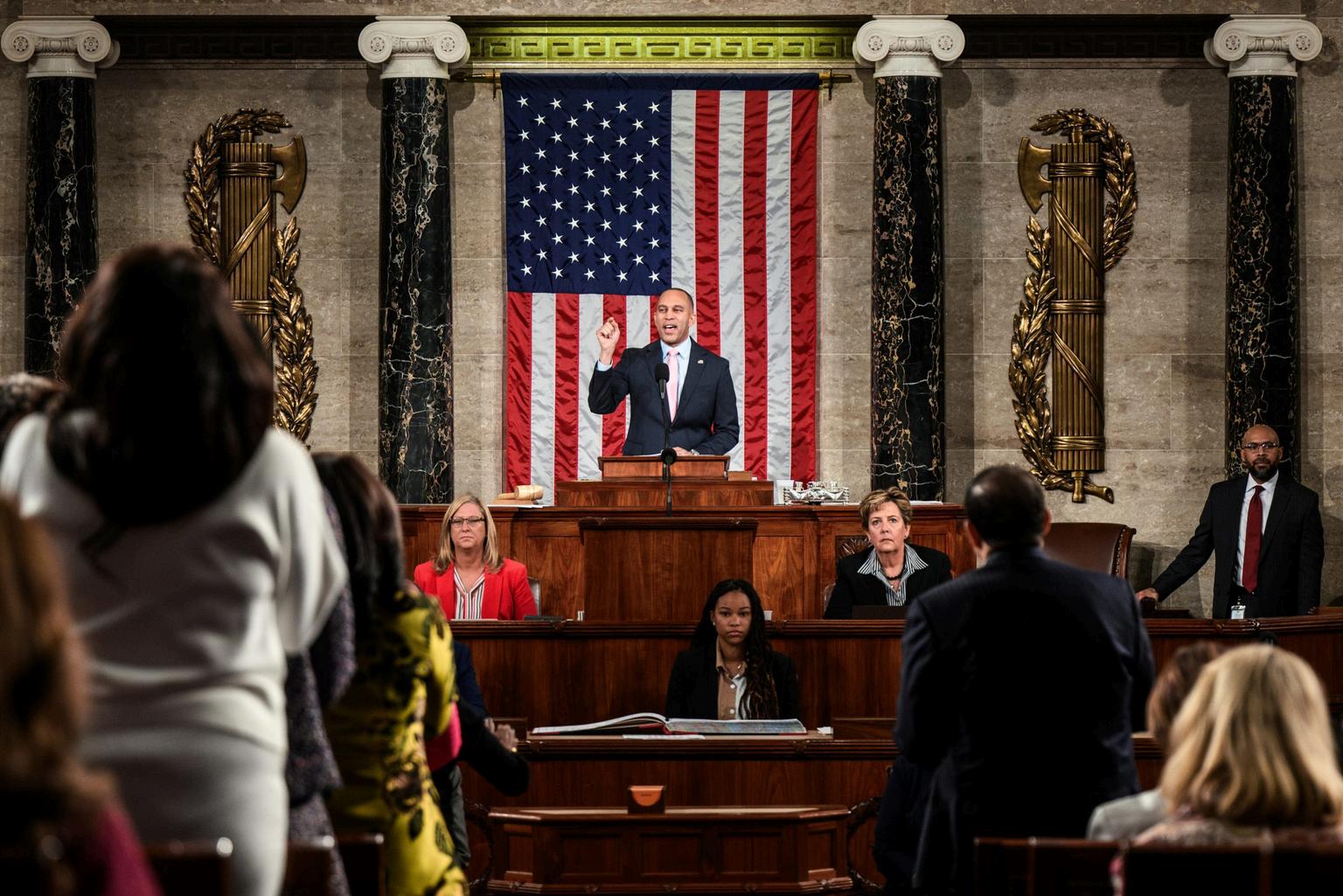
Hakeem Jeffries represents the diverse Eighth Congressional District of New York and is serving his sixth term in the United States Congress.

Denise Rolark Barnes is the publisher and second-generation owner of The Washington Informer, a multi-media organization serving the African American community in the Washington metropolitan area.

Hasan Kwame Jeffries is the College of Arts and Sciences Alumni Associate Professor of History at The Ohio State University, where he teaches courses on the Civil Rights and Black Power Movement.

Tiffany D. Cross Tiffany D. Cross is a highly sought after journalist, TV host, podcast host, author, and speaker. She is the current co-host of iHeart Media’s Native Land Pod, where she breaks down news and culture of the week.
USPS BLACK HERITAGE STAMP SERIES
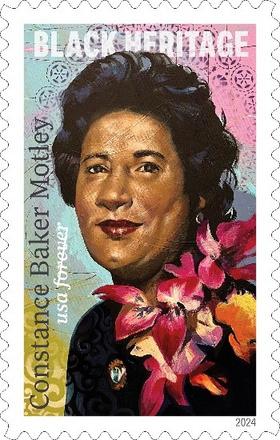
ConstanceBakerMotley
Honor a civil rights pioneer and the first African American woman known to have argued a case before the United States Supreme Court with the new Constance Baker Motley stamp from the U.S. Postal Service. The 47th stamp in the Black Heritage series depicts a portrait of Motley by Charly Palmer rendered in acrylic on canvas. The stenciled circular shapes around her head suggest royalty, and the heavy brushstrokes and scratches provide added textures. The Constance Baker Motley stamp is being issued as a Forever® stamp. These Forever stamps will always be equal in value to the current First-Class Mail® one-ounce rate.
LUNCHEON MENU
Starter:
Field greens, arugula, watermelon radish, grilled artichokes, marinated heirloom
tomatoes, parmesan croutons, green goddess dressing
Entrée Duo:
Sage & Rosemary Seared Chicken pan jus
Fennel Glazed Salmon Fillet
Sweet Potato Puree, Sautéed Green Beans, Puffed Wild Rice
VEGETABLE/VEGAN ENTREE:
Vegetable Paella - Saffron Bomba Rice, Asparagus, Grilled Portabella Mushroom,
Grilled Eggplant, Sweet Peas, Roasted
Zucchini, Roasted Yellow Squash, Diced
Tomatoes, Caramelized Shallots
Dessert: Lemon Chiffon Fresh Fruit Tarts
VEGAN/GLUTEN FREE: Coconut Pannacotta
Drinks:
Water, Coffee, Tea, Decaf, Iced Tea, and Lemonade
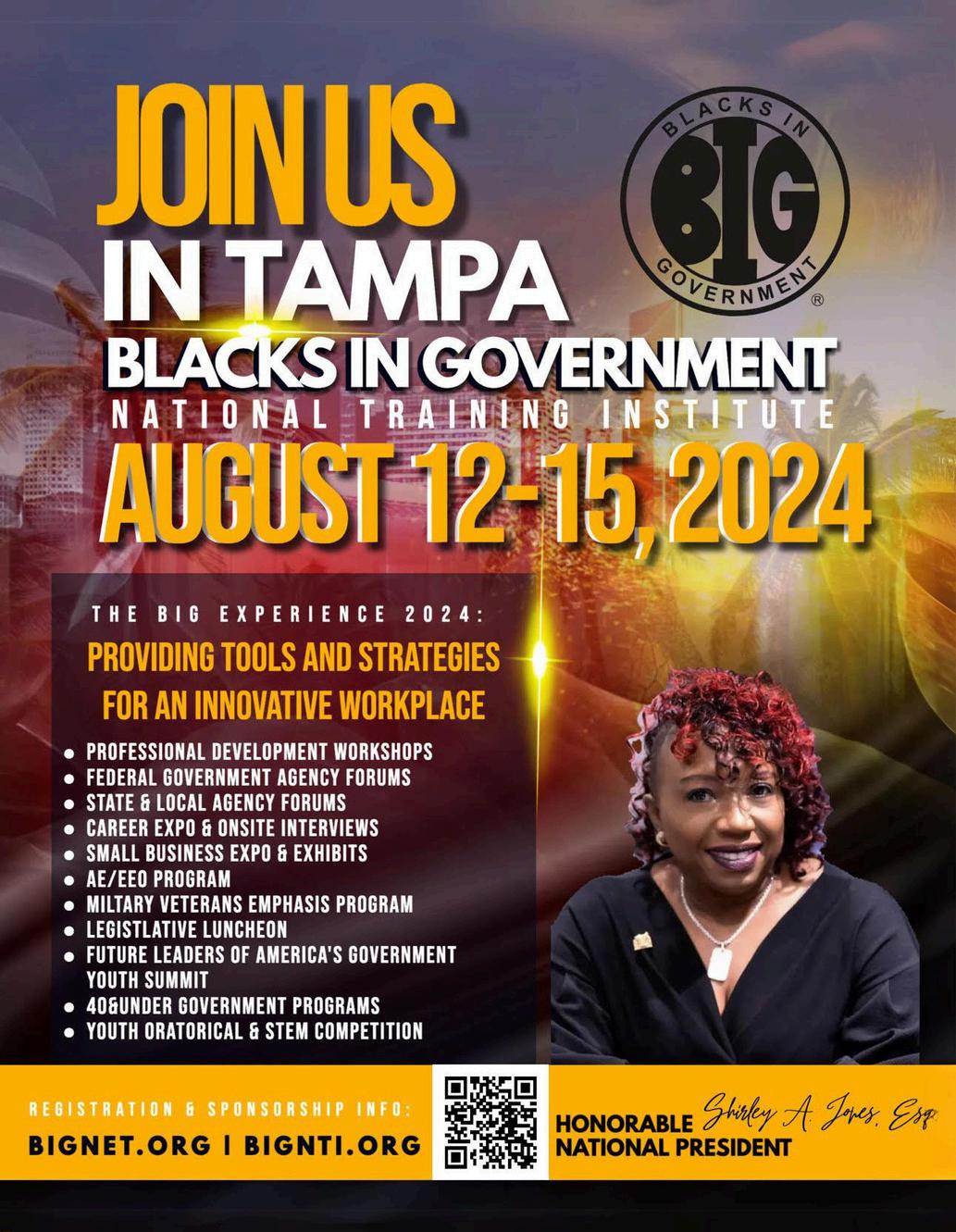
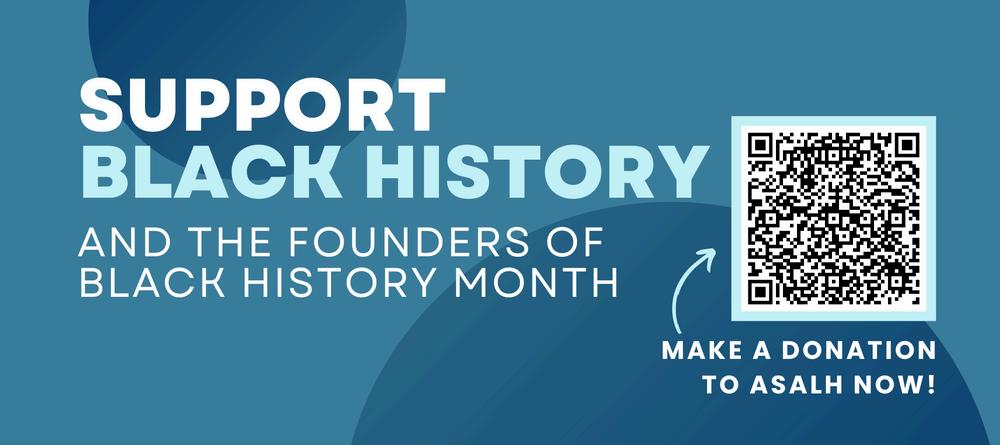


Author's BOOK signing EVENT
SATURDAY, FEBRUARY 24, 2024 | 10:00 AM - 12:00 PM
IN-PERSON AT THE WESTIN HOTEL



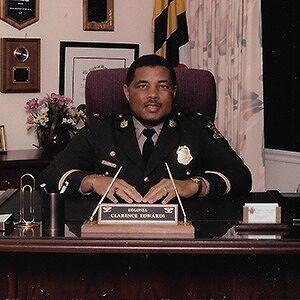



 JESSICA ANN MITCHELL AIWUYOR
Black Voices
EDWIN BANCROFT HENDERSON, II Grandfather of Black Basketball
CLARENCE EDWARDS
From DC Streets to Chief's Seat
SHEILA P. SPENCER
Gratitude Journal
JESSICA ANN MITCHELL AIWUYOR
Black Voices
EDWIN BANCROFT HENDERSON, II Grandfather of Black Basketball
CLARENCE EDWARDS
From DC Streets to Chief's Seat
SHEILA P. SPENCER
Gratitude Journal



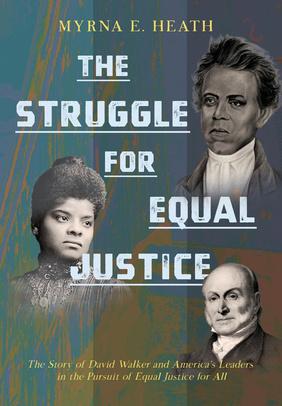





 GABRIEL HAMILTON
Invested in Me
GABRIEL HAMILTON
Life Lessons: Advice for a Kid Like Me
ARIE GRAY
GABRIEL HAMILTON
Invested in Me
GABRIEL HAMILTON
Life Lessons: Advice for a Kid Like Me
ARIE GRAY
MYRNA HEATH The Struggle For Equal Justice
Our Journey Of God's Blessings
HEATHER CAPPS
ROHULAMIN QUANDER
Indigo & Ida
The Quanders



THEMEMBERSBOOKSHELF
Peek into the pages of our past with the ASALH Bookshelf. This collection of books offers a rich repository of knowledge and insight into the African American experience penned by our ASALH members.
WWW.ASALH.ORG/BOOKSHELF
DC HISTORY CENTER
Washington History Magazine
Thursday,February1,2024




BLACK PRESENCE IN SCI-FI, ANIME AND
JO (A XE VIRTUAL PROGRAM
6:00P.M.EST THE
COMICS
ACCESSIBLEONASALHTV

Thursday,February8,2024
6:00P.M.EST
ACCESSIBLEONASALHTV
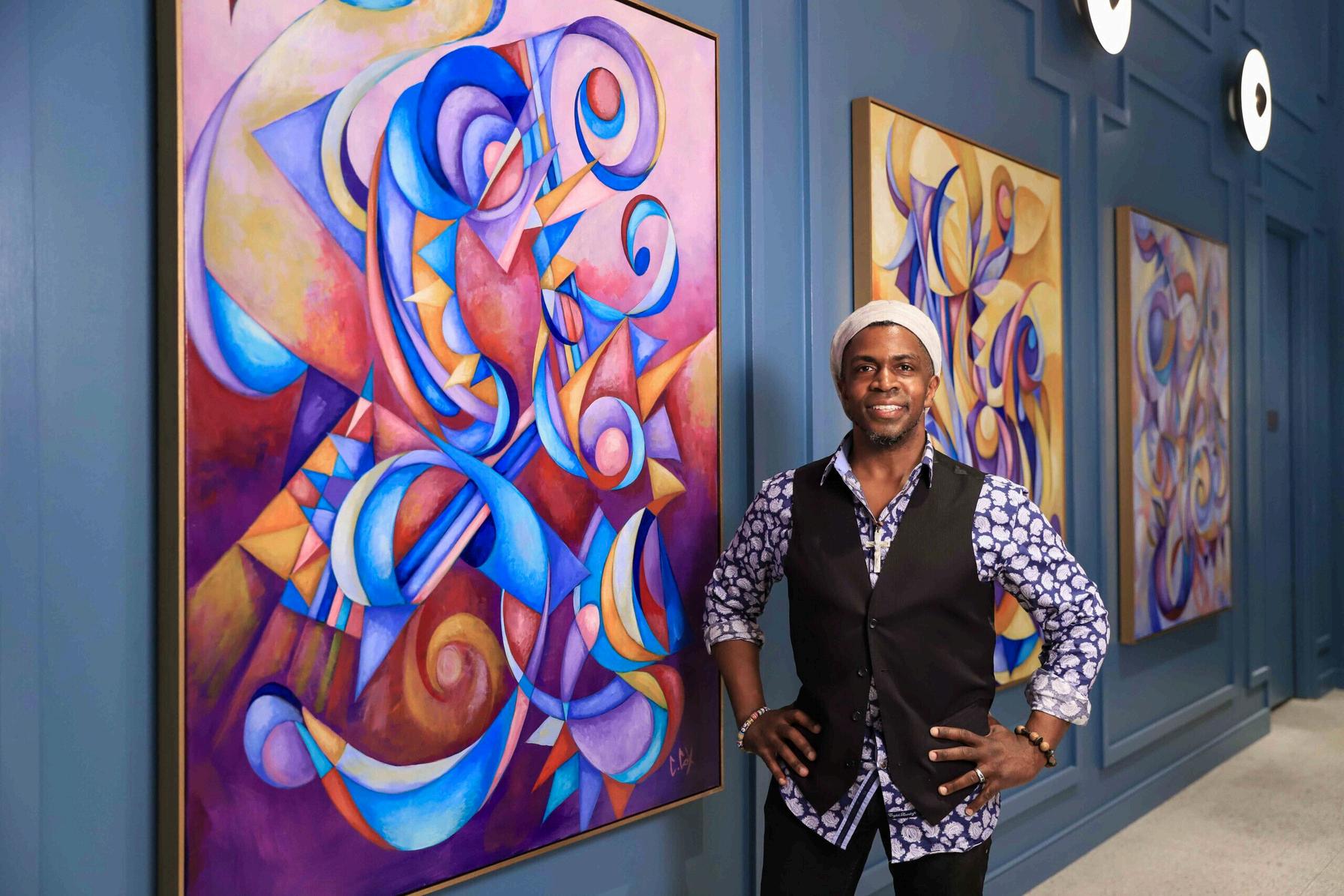

CHANEL COMPTON (BANNEKAR-DOUGLASS MUSEUM), CEDRIC MICHAEL COX (VISUAL ARTIST AND PAINTER)
STREET ART IN THE AFRICAN AMERICAN COMMUNITY VIRTUAL PROGRAM

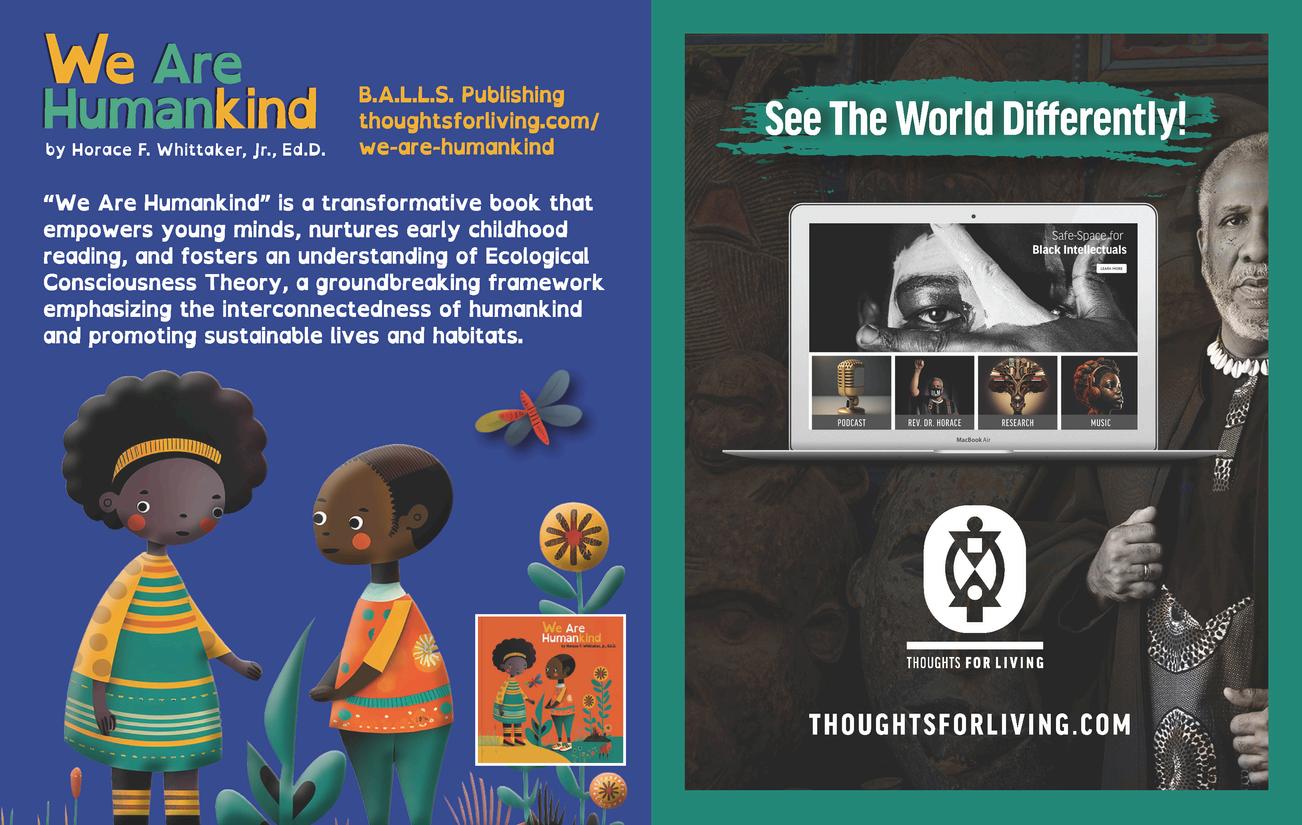
VIRTUAL PROGRAM
Tuesday,February13,2024
6:00P.M.EST
ACCESSIBLEONASALHTV
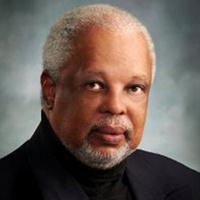




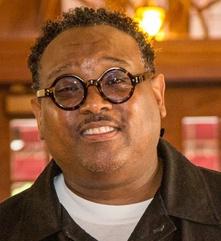



BOBBY W. AUSTIN, MODERATOR (NEIGHBORHOOD ASSOCIATES CORPORATION), LOUIS HICKS (INDEPENDENT CURATOR), JOURDAN HAMILTON (STUDIO GATSBY), WAYSON R. JONES (VISUAL ARTIST), JOY FORD AUSTIN (GALLERY JOY), JOYCE WELLMAN (VISUAL ARTIST), JOHN BROWN JR. (JOHN BROWN PHOTOGRAPHY), JULEE DICKERSON-THOMPSON (MULTI-MEDIA ARTIST), GREG SCOTT (CHILDREN’S NATIONAL CREATIVE AND THERAPEUTIC ARTS SERVICES)
AFRO-CENTRISM AND AMERICAN KINSHIP: A VISUAL EXPLORATION


THE IMPACT OF THE ARTS IN THE GULLAH GEECHEE COMMUNITY VIRTUAL PROGRAM
Thursday,February15,2024
6:00P.M.EST
ACCESSIBLEONASALHTV

ANGEL PARSON (GULLAH GEECHEE CULTURAL HERITAGE CORRIDOR NATIONAL HERITAGE AREA), TAMARA BUTLER (AVERY RESEARCH CENTER FOR AFRICAN AMERICAN HISTORY AND CULTURE, COLLEGE OF CHARLESTON LIBRARIES)


VIRTUAL MARQUEE EVENT
PEN TO SCREEN: WRITING AND TELLING BLACK HISTORY
FEATURING JULIAN BREECE & DR. VALERIE MAHOLMES
Saturday, Fe 2:00 P.M. - 3:

DR. VALERIE MAHOLMES, INTERVIEWER (FORMER HARRIS ASSISTANT PROFESSOR OF CHILD PSYCHIATRY, YALE CHILD STUDY CENTER), JULIAN BREECE (SCREENWRITER)


Thursday,February22,2024 6:00P.M.EST



HARMONY OF FREEDOM: ECHOES FROM THE UNDERGROUND RAILROAD VIRTUAL PROGRAM ACCESSIBLEONASALHTV LINDA AND DAVID COLE (MAIN STREET BLUES PERFORMANCE GROUP)
Co-Sponsoredby:




JOURDAN HAMILTON
Jourdan Larue Hamilton is an Austin, Texas native. While growing up in this cultural center, Austin exposed him to a variety of art styles and technology At the age of 15, he knew creating a brand was in his future During his adolescent and teenage years, Jourdan was fascinated by computers, fantasy, and Japanese animation. Over time, he merged those influences to begin writing black fiction. He is a “self-taught artist.” He began teaching himself art with the end goal of creating his own comic books and media. His increased proficiency would allow him to step further into the world of digital art and animation. Jourdan began showcasing his work in Houston Texas at art galleries, clubs, and music venues sponsored by stark nova a lo-fi hip-hop label and clothing brand.
He is currently working to found a Black-owned studio that will be primarily focused on 2-D and 3-D animation. The studio will produce Afro-punkinspired animations with messages of brotherhood, Black love, and fantasy
J. LEE
ACTOR/WRITER/DIRECTOR
Born and raised in St. Louis, Missouri, J Lee is an American actor, writer, producer, musician, and director. He began classical piano lessons at the age of 3 and eventually went on to receive a music scholarship at Indiana University's renowned Jacob's School Of Music. After graduating in 2005 with a Bachelor of Arts in Piano Performance and Theater and Drama, J Lee took the last $200 he had and headed west for Los Angeles to begin his professional entertainment career.
 ANIME DIGITAL ARTIST
ANIME DIGITAL ARTIST
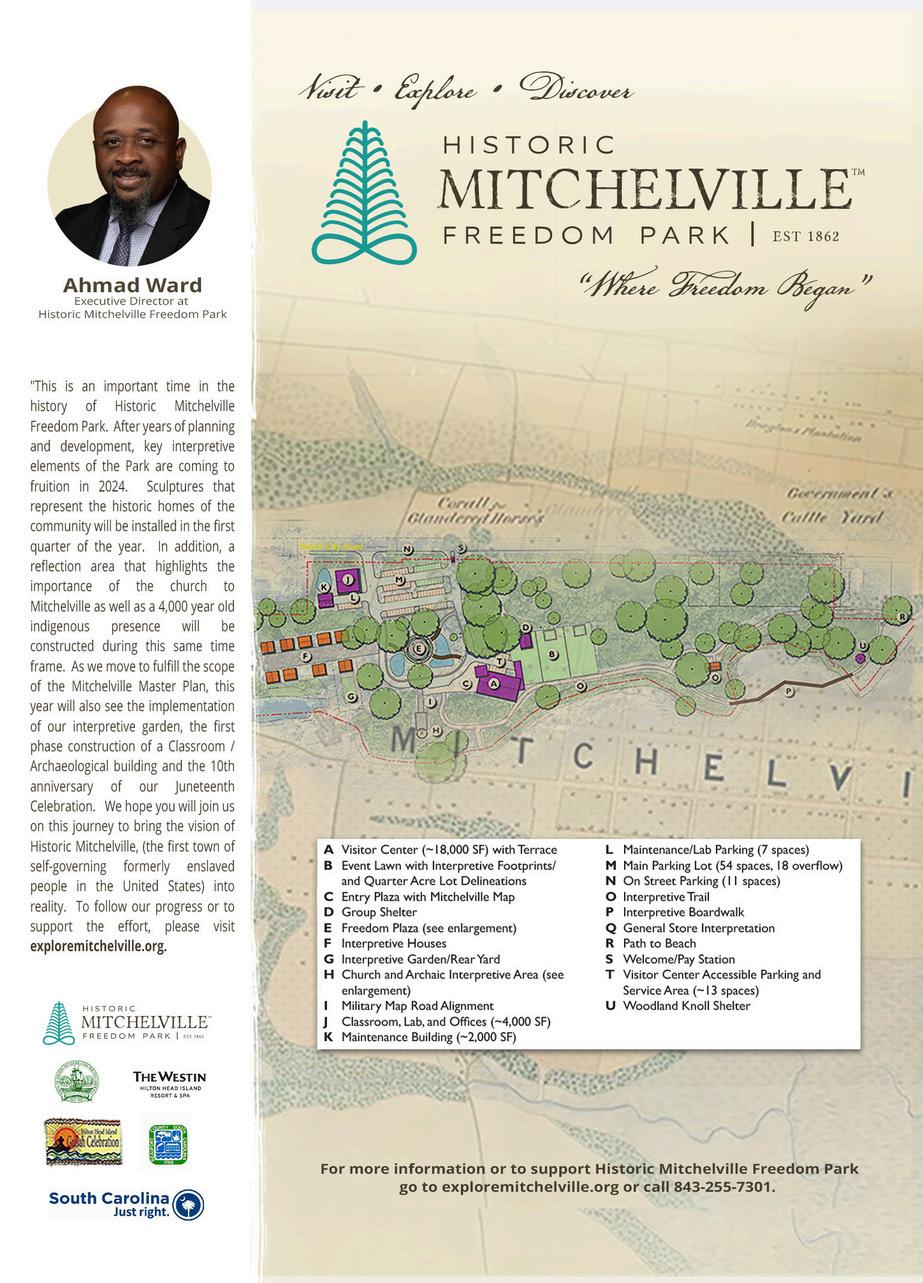
HILTON GEORGE

Hilton George is the owner, creator and cofounder of the largest black nerd convention on the eastern seaboard, Blerdcon. Blerdcon is the largest multifandom convention in the country focused on showcasing "blerd" culture, diversity and inclusion for intersectional communities (LGBTQIA, Disabled, Latinx) in comics, anime, gaming, cosplay, scifi, horror, fantasy and music. He is also the owner of TheBlackSquare providing marketing and events consultancy. Prior to that he was a Signal Communications Circuit Controller in the US Army. A graduate of North Carolina Central, he holds a bachelor’s degree in design and visual communications. He is a member of Alpha Phi Alpha Fraternity, Inc.

XERO GRAVITY
Xero Gravity (she/her) is a media personality, host and podcaster with a focus on horror, sci-fi and dark fantasy. Xero curates and hosts nerdy fundraisers, events, screenings, and parties as "New York City’s spookiest emcee". When she’s not on her feet or behind the mic, you can find her in her dark corner of the internet for killer movie commentary, inclusive panels, podcasts, and live-streams. @idkgravity #blerdlife
BLERDCON
DIGITAL CREATOR








CHANEL COMPTON
Chanel Johnson is inspired and passionate about her role as Executive Director for the Banneker-Douglass Museum (BDM) and the Maryland Commission on African American History and Culture (MCAAHC). Chanel has been a life-long supporter of museums, stating “A museum can be such a powerful place. As a young person, it was my initial visit to museums and galleries that opened my eyes and mind to new perspectives, cultures, and history. African American museums are instrumental in inspiring a new generation of leaders and innovators because it is a place of empowerment, of learning, and a place of individual and collective transformation ”
As Executive Director of BDM and MCAAHC, Chanel is dedicated to serving the great state of Maryland to amplify and support African American heritage initiatives, groups, and museums to gain further access to resources, partnerships, and reach new audiences and heights. Chanel earned a Bachelor of Fine Arts degree from Rutgers University and completed a graduate degree in Arts Management from American University She is also a visual artist, expressing Black diasporic experiences, history, and identity through portraits, abstract paintings, and mosaics She has a home and art studio in Baltimore, Maryland.
CEDRIC MICHAEL COX

Cedric Michael Cox is best known for his paintings and drawings that merge surrealism and representational abstraction As a student at the University of Cincinnati’s College of Design, Architecture, Art, and Planning (DAAP), Cox was awarded a fellowship to study at the Glasgow School of Art in Scotland After receiving his Bachelor of Fine Arts in Painting in 1999, he began to exhibit regionally and nationally.
Cox’s paintings catapult color into rhythmic action with abstract and recognizable images that create compositions inspired by themes in music and the natural world. His work remains true to sharing Cox’s innermost self as his passion radiates from the canvas. Working under several influences, which include architecture and art history, Cox’s work ranges from geometric to curvilinear to floral-like forms, all dancing within surrealistic shapes. In addition to his work being in corporate collections, Cox has executed several large murals in various public and private schools in The Cincinnati Region.
BANNEKAR-DOUGLASS MUSEUM
BLACK ART SPEAKS
ASALH STORE



WEAR YOUR SUPPORT FOR ASALH BY PURCHASING A SHIRT, HOODIE, OR TOTE SHOPONLINE NOWWITH Q
DANA CARTER JR.
MARYMOUNT UNIVERSITY
Dana Carter Jr is a classically trained vocalist who received his training at Virginia State University Throughout his college career Dana has been highly involved with various social clubs, organizations and choirs on and off campus. Since his freshman year of college he has sang and performed in 2 choirs, served as a teacher assistant at Ettrick Elementary, resident assistant at his institution, senior resident assistant at Duke University, Assistant Manager of Residence life at the Indian University of North America, Manager of Residence Life and now currently serves as the Residence Life Coordinator at Marymount University. Dana believes that there are no limits to what one can accomplish and he hopes to continue to serve his community by leading by example and mentoring the upcoming generations
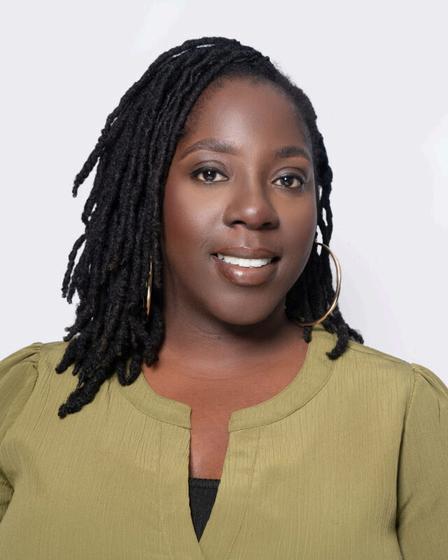

ANGEL PARSON
Gifted with a natural ability to connect people and ideas with opportunities and outcomes, Angel Parson works to create innovative and effective strategies to promote community development and enhancement. Angel earned her Bachelor of Business Administration in Management and Marketing from Francis Marion University, and her Master of Education in Education Administration from Columbia College SC. Passionate about the intricacies of business management, she pursued roles that would immerse her in the industry and give her firsthand experience She has served in several strategic planning and development roles as an Associate for PricewaterhouseCoopers (PwC), an Assistant Director of Services for the College of Charleston, and Project Consultant for the Gullah Geechee Cultural Heritage Corridor Commission. Today, Angel serves as the Program Corridor for the Gullah Geechee Cultural Heritage Corridor National Heritage Area.
GULLAH GEECHEE CULTURAL HERITAGE CORRIDOR NATIONAL HERITAGE AREA
LINDA AND DAVID COLE
MAIN STREET BLUES PERFORMANCE GROUP
Linda D. Harris
Ms Harris is a talented singer/songwriter, performer, and Director of Events and Programs at the Harriet Tubman Museum and Education Center in Maryland She leads immersive walking tours along the Underground Railroad and engages groups in musical tours where she sings code songs. Her production of “Songs of Freedom” has traveled to different locations, and she is also an accomplished jazz musician who has performed in many countries.
David B. Cole
David B Cole is a talented musician performing for over 50 years He has worked with many top musicians, including Roberta Flack, and has toured internationally. He also founded Mainstreet Blues in 2004, a band that performs across the mid-Atlantic states In 2022, David collaborated with Linda Harris to create “Songs of Freedom,” which has been performed in several states Their album, “I Got Shoes,” was released in 2022 and has been nominated for the 2023 Wammie Award in three categories.
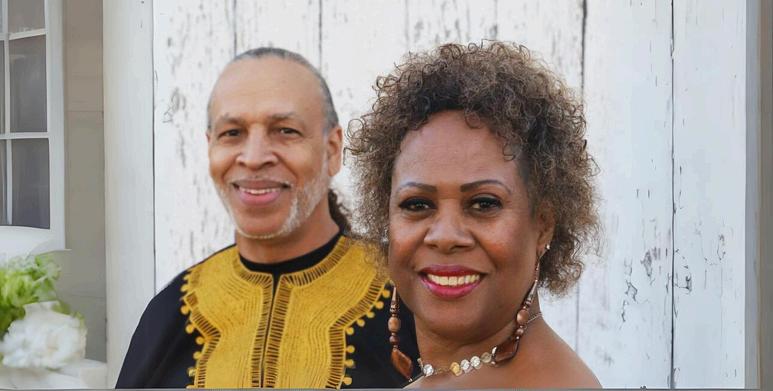
TAMARA BUTLER
AVERY RESEARCH CENTER FOR AFRICAN AMERICAN HISTORY AND CULTURE, COLLEGE OF CHARLESTON LIBRARIES
Dr Tamara T Butler is a lover of vintage clothing, cultivator of house plants, and collector of books As a teacher educator, she draws upon lessons learned growing up on Johns Island, South Carolina Currently, she serves as the Executive Director of the Avery Research Center for African American History and Culture and Associate Dean of Strategic Planning & Community Engagement for the College of Charleston Libraries. She is the author of publications that center liberatory literacies and creative civic engagement, including the co-authored book Where is the Justice? Engaged Pedagogies in Schools and Communities (Teachers College Press, 2021). Dr. Butler serves as board member for the Coastal Conservation League and International African American Museum, and on several advisory committees connected to the arts and historical preservation. She holds a Ph.D. in Multicultural & Equity Studies in Education and a M.A. in African American Studies from The Ohio State University. Before becoming a Buckeye, Dr. Butler earned a Bachelor of Science in Biochemistry from Xavier University of Louisiana.


DR. VALERIE MAHOLMES
NATIONAL INSTITUTE OF CHILD HEALTH AND HUMAN DEVELOPMENT/NIH
Valerie Maholmes is a behavioral scientist, educator and author. She earned her Ph.D. at Howard University and was a Post-Doctoral Research Fellow at the Yale Child Study Center in the School of Medicine. Upon completion of her post-doctoral training, she joined the faculty at the Yale Child Study Center and was later awarded the Irving B. Harris Assistant Professor of Child Psychiatry an endowed professorial chair in research and social policy. In 2003, she was awarded the prestigious Science Policy Fellowship sponsored by the Society for Research in Child Development (SRCD) and the American Association for the Advancement of Sciences (AAAS) In 2005 joined the National Institutes of Health and in 2013, she was named Chief of the Pediatric Trauma and Critical Illness Branch at the Eunice Kennedy Shriver National Institute of Child Health and Human Development at the NIH. In this capacity, she leads the Branch in supporting research and training in the leading causes of morbidity and mortality in children. She has published numerous peerreviewed scientific articles, book chapters, and monographs highlighting these public health concerns. Her most recent text is titled Fostering Resilience and Well-being in Children and Families in Poverty: Why Hope Still Matters.
JULIAN BREECE
SCREENWRITER
Julian Breece is an award-winning writer-director whose work crosses film and TV. Notably, Breece wrote the screenplay for the Netflix filmRustinabout gay Civil Rights strategist Bayard Rustin and the 1963 March on Washington The film was released in select theaters on November 3rd and on Netflix November 17th. He co-wrote the Emmy-nominated Netflix seriesWhen They See Usand recently penned the screenplay for Fox Searchlight’s forthcoming Alvin Ailey biopic, which will be helmed by Oscarwinner Barry Jenkins. Breece is a consulting producer on Lee Daniel’s Sammy Davis Jr. limited series at Hulu, and he’s served as a writer and producer on such critically acclaimed series as Amazon’sHarlemand Hulu’sThe First.

JOY FORD AUSTIN

Joy Ford Austin is a Guyanese-American nonprofit executive, philanthropist, humanitarian, and arts patron She was the director of the African American Museums Association, which she helped found in 1980, and worked with institutions to preserve African-American culture and history.

Brown s photographs are featured in numerous public and private collections (including the U.S. Department of State, ART in Embassies Program; Marriott Corporation; The Washington Post Company; and Banana Republic/GAP) throughout the world. He also has been the recipient of two Artist Fellowships from the D.C. Commission for the Arts & Humanities/National Endowment for the Arts.
Community service is an important aspect of John's life, and he has participated on review panels, programmatic committees, as well as advisory and governing boards for various organizations including the Creative Arts Program for the Arts Council of Fairfax County; CulturalDC; Flashpoint; FotoWeekDC; The Hitachi Foundation; as well as the Washington Project for the Arts and WPA/Corcoran
GALLERY JOY

LOUIS HICKS
INDEPENDENT CURATOR
Louis Hicks served as the Curator for the Gallery Joy exhibition “Afro-centrism and Kinship: A Visual Exploration.” For more than 30 years, Louis worked in the museum field in various capacities including that of museum director, curator, exhibit consultant, and special events coordinator. From 2015-2019 he served as HumanitiesDC’s Director of Grants. As an independent consultant, he assist clients in “transforming ideas into engaging solutions.” He has also worked closely with ASALH as a Marketing Consultant and Luncheon Chairman.
JULEE DICKERSON-THOMPSON
MULTI-MEDIA ARTIST
As an award-winning artist, Julee Dickerson-Thompson is known for her distinctive pen and ink illustrative style, airbrush paintings, and public art installations. Beginning with her residency at Zenith Gallery’s artist colony and subsequent participation in the inaugural exhibitions at the Evans-Tibbs Gallery and the Miya Gallery, Julee’s work is featured in exhibits and collections at galleries, museums, and “alternative spaces” throughout the United States Seeking to integrate influences from her travels and studies in West Africa, the Caribbean, the American South, and Paris, France, Julee experiments with mixed-media, soft sculptures, quilts, and doll-making. Often moving between fine art, illustrations, and literature, Julee is also an author, and one of her most recognized books is The Dance of the Rain Gods, published by Africa World Press Regardless of the medium, her work often incorporate themes of Black feminism, peace promotion, inter-faith symbolism, and inter-generational relationships.
Julee Dickerson-Thompson is a native Washingtonian and lifelong resident of the Brookland community When she was a teenager, the Workshops for Careers in the Arts (now Duke Ellington School of the Arts) planted the seeds for a career as a multi-media artist and illustrator. Julee continued her art studies at Simmons College, the Massachusetts College of Art, and the School of the Museum of Fine Arts, Boston, and the Corcoran College of Art
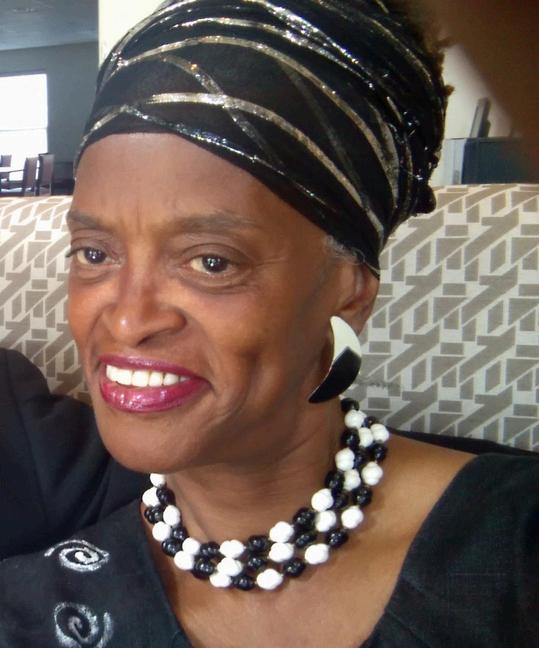
WAYSON R. JONES
VISUAL ARTIST
Wayson R Jones is a painter, musician, and spoken-word artist A self-taught visual artist, he was part of a vibrant Black LGBT arts scene in Washington DC in the 1980s and early 1990s, as documented in the short film Fierceness Served! The ENIKAlley Coffeehouse. Wayson's visual art is informed by these experiences and by an exuberant approach to materials and process. The thickly textured and richly colored surfaces of his paintings are imbued with a deep sense of both physicality and spiritual presence. His work can be found in private and public collections in the DC area and nationally.

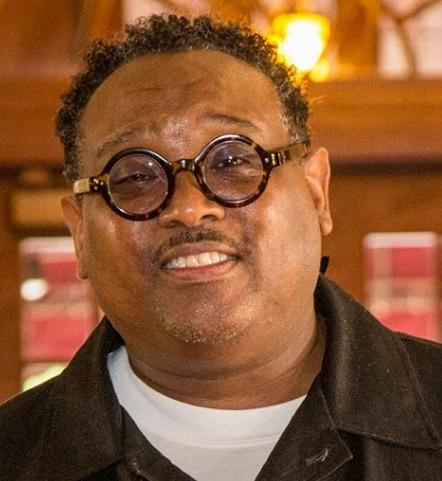
GREG SCOTT
CHILDREN’S NATIONAL CREATIVE AND THERAPEUTIC ARTS SERVICES
Greg Scott is the Gallery and Exhibit Coordinator for Children’s National Creative and Therapeutic Arts Services. Greg’s responsibilities include managing two galleries and artwork in the corridors, and coordinating outdoor community art programs and activities. In addition, Greg advocates and works with outside community art programs that deal with low-income children, as well as children with disabilities.
During his more than decade tenure with Children’s, Greg says his favorite part of working at Children’s is, “Working with the patients, families and staff They make Children’s National a wonderful experience each and everyday I always look forward to coming to work Everyday is always different and exciting ”
Creative and Therapeutic Arts Services provides bedside instructional activities in visual arts, literature, music, dance, movement, puppetry and storytelling.
Greg says, “This is the best place in the world to work if you are a people person who enjoys helping people and loves working with children.”

JOYCE WELLMAN
VISUAL ARTIST
BOBBY W. AUSTIN
Bobby Austin is the General Hal Moore Chair in Contemplative Leadership at the Thomas Merton Institute and is the Chairman of the Planning Committee on the Status of African American Men, convened by Congressman Danny Davis (D), Ill. He organized the civil society People Assembly in D.C. for the People Programme Dr Austin recently served as the Vice President for Student Affairs at the University of the District of Columbia Dr Austin is a founding fellow of the National Endowment for Public Trust and Director of its Justice Task Force. His former positions include founding President of the Village Foundation and Executive Director of the National Task Force on African-American Men and Boys, which released the groundbreaking report, Repairing the Breach: Key Ways to Support Family Life, Reclaim Our Streets and Rebuild Civil Society in America’s Communities. Dr. Austin has also held positions with the W.K. Kellogg Foundation, including Director of the African-American Men and Boys Initiative and Assistant Director of the Kellogg National Fellowship Program. Dr. Austin was the founding editor of the Urban League Review, the national research and policy journal of the National Urban League
Joyce Wellman (b 1949, New York, NY) began her artistic journey in the early seventies in various printmaking studios in New York City. There, Wellman was mentored by a host of artists. By 1981, she had relocated to Washington, DC. Throughout her career, Wellman’s concern has been discovering a means by which to create an art vocabulary and grammar that included vibrant colors, cryptic marks, shapes, and symbols that reference mathematics, anthropomorphic forms, and even text and personal experiences that reference her upbringing in a household where "the numbers" were played.
Since 1998, Wellman’s paintings, prints, drawings, and mixed media works have been regularly exhibited, published, and collected in the DC Metro area, nationally, and on several occasions internationally. Examples of Wellman’s works can be seen in permanent public and private collections including of the US Library of Congress, Division of Prints and Photographs; the Permanent Collection of the US Embassy, Nairobi, Kenya; the US Embassy, Monrovia, Liberia; Georgia Museum of Art; University of Delaware, Center for Material Culture Studies; Print Collection of the New York Public Library; Morgan State University, James Lewis Museum of Art; North Carolina A&T State University; Zimmerli Art Museum, Archives for Printmaking Studios, Rutgers University

ASSOCIATES CORPORATION
NEIGHBORHOOD


ASSOCIATION FOR THE STUDY OF AFRICAN AMERICAN LIFE AND HISTORY® WWW.ASALH.ORG OR CALL 202.238.5910 109TH ANNUAL CONFERENCE SAVE THE DATE Pittsburgh, Pennsylvania SEPT.25-29,2024 Omni William Penn Hotel 530 William Penn Place Pittsburgh, PA 15219 Phone: (412) 281-7100
109TH ANNUAL MEETING AND CONFERENCE CALL FOR PROPOSALS
PITTSBURGH, PENNSYLVANIA | SEPTEMBER 2024
2024 BLACK HISTORY THEME: AFRICAN AMERICAN AND THE ARTS
Conference Theme
In 2024, we examine the varied history and life of African American arts and artisans African American art is infused with African diasporic, Caribbean, and the Black American lived experiences In the fields of visual and performing arts, literature, fashion, folklore, language, film, music, architecture, culinary, and other forms of cultural expression the African American influence has been paramount African American artists have used art to preserve history and community memory as well as for empowerment Artistic and cultural movements, such as the New Negro, Black Arts, Black Renaissance, hip-hop, and Afrofuturism, have been led by people of African descent and set the standard for popular trends around the world. For centuries Western intellectuals denied or minimized the contributions of people of African descent to the arts as well as history, even as their artistry in many genres was mimicked and/or stolen However, we can still see the unbroken chain of Black art production from antiquity to the present, from Egypt across Africa, from Europe to the New World
Proposal Types
Proposals should be detailed, comprehensive, and descriptive that outline the theme, scope, and aim of the session Proposals that incorporate the annual theme are preferred, but submissions can be on a variety of temporal, geographical, thematic, and topical areas in Black history, life, and culture. Details on each can be found on the ASALH and All Academic website.
For individuals who are interested in collaborating on a panel, workshop, or roundtable, please use the Google spreadsheet, which is an informal tool to connect individuals who are seeking ideas and/or collaboration. The spreadsheet is not monitored by ASALH or the Academic Program Committee and is not part of the official submission process
Individual Submissions
Paper Submissions: Individual(s) can submit papers. These papers will be put together with other papers on the same theme/topic by the Academic Program Committee Papers will ONLY be accepted by non-academics, undergraduate, and graduate students on the 2024 Annual Black History Theme: African Americans and the Arts Paper submissions are not guaranteed audiovisual during the conference There will be limited slots for paper sessions at the ASALH annual meeting Submissions that are performances or plays will not be accepted.
Woodson Lightning Round/Pop-Ups: Individual(s) can submit lightning round papers/presentations These proposals will be put together with other lightning-round proposals by the Academic Program Committee
Poster Submissions: Individual(s) and ASALH Branches can submit posters The posters will be put together in a single or multiple session by the Academic Program Committee Posters have both a virtual/pre-recording and in-person component
Session Submissions
Proposals will be accepted by all affiliations and academic status Access to audiovisuals is not guaranteed during the conference Panels: Are sessions composed of individuals presenting different papers/presentations on a specific concept/topic/idea
Roundtables: These are sessions that are composed of individuals presenting a single idea/concept/theme
Workshops: These are sessions that are hands-on and work to teach attendees about a particular tool, project, idea, and theme. Sessions that are performances or plays will not be accepted.
Media: These are sessions that are comprised of an individual film or a film panel where a moderated or group discussion of a film is conducted following the screening
Submission
All proposals are submitted in the All-Academic system You will need to provide an abstract (300 words or less), a title of your presentation, your name, email, and affiliation. If you are submitting a panel, workshop, roundtable, or media session, you will need the information for all the presenters. Once the proposal is submitted, the submitter and all presenters will receive an email confirmation
The submission deadlines for proposals are as follows: Early Bird Submissions will be accepted via All Academic until March 18, 2024, at 11:59 p.m. (EST) Conditional acceptance responses to Early Bird submissions will be sent out by April 21, 2024, at 11:59 p.m. (EST) After this date, the committee will accept all submissions until the deadline of April 30, 2024, at 11:59 p m (EST) Regular conditional acceptance submissions will be responded to by June 9, 2024, at 11:59 p m (EST) You will not be considered official until all session participants have joined the Association and registered for the conference.
2024 Conference Forms
Scan the QR codes below to access 2024's conference forms
Scan here to stay upto-date on the 2024 Annual Conference!
20 24
exhibitors advertisers book signing event
THE ARTS 2024BLACKHISTORYTHEM E AFRICAN AMERICANS &
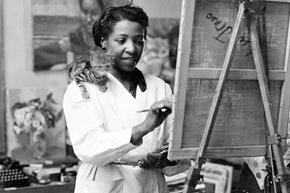




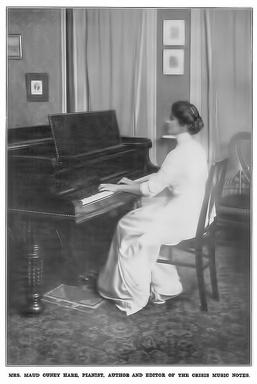

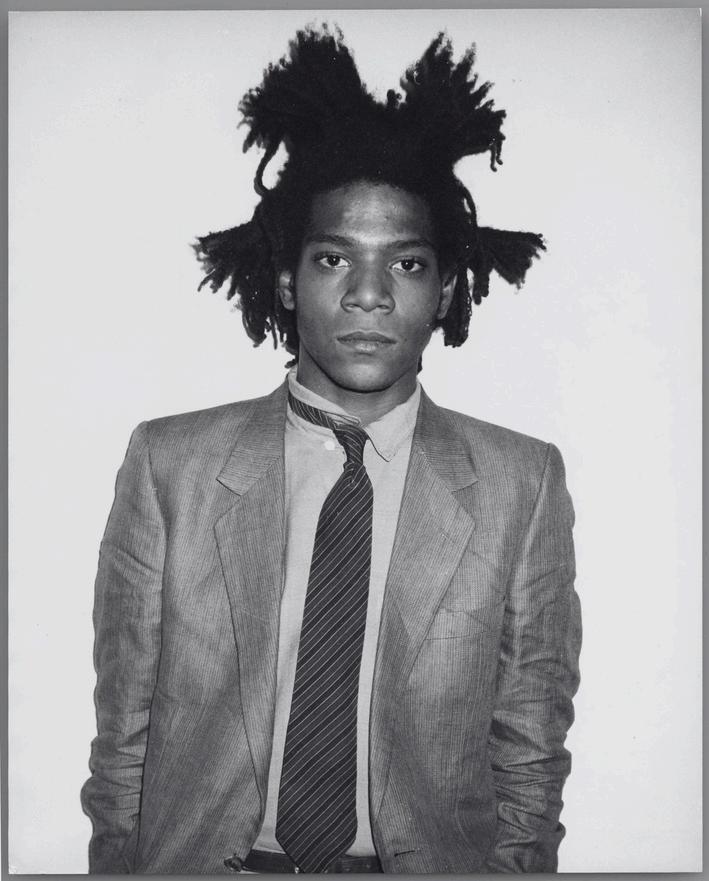
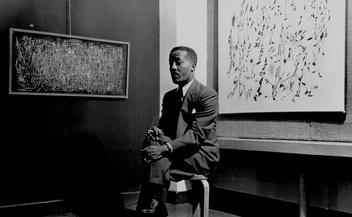









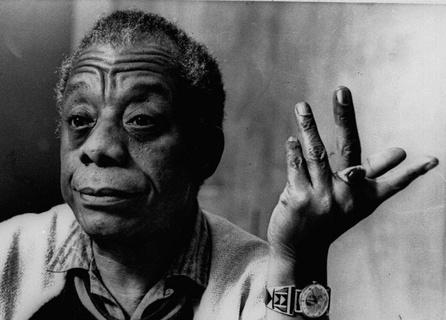




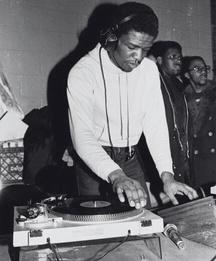
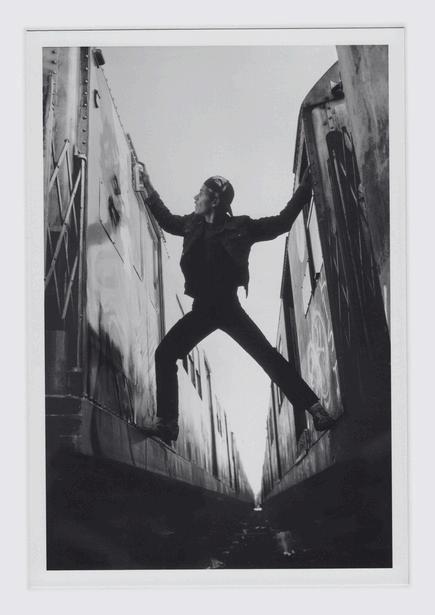




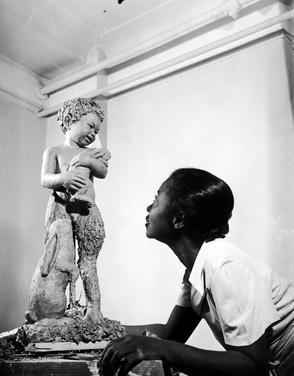




























 W. Marvin Dulaney President
W. Marvin Dulaney President




























 MARY MCLEOD BETHUNE
MARY MCLEOD BETHUNE


 LOÏS MAILOU JONES
LOÏS MAILOU JONES


 Frederic H. Hammurabi Robb
Under President Gerald Ford, “Negro History Week” became Black History Month in 1976
Civil rights leaders and college students in the 1960s
Frederic H. Hammurabi Robb
Under President Gerald Ford, “Negro History Week” became Black History Month in 1976
Civil rights leaders and college students in the 1960s





























































 JESSICA ANN MITCHELL AIWUYOR
Black Voices
EDWIN BANCROFT HENDERSON, II Grandfather of Black Basketball
CLARENCE EDWARDS
From DC Streets to Chief's Seat
SHEILA P. SPENCER
Gratitude Journal
JESSICA ANN MITCHELL AIWUYOR
Black Voices
EDWIN BANCROFT HENDERSON, II Grandfather of Black Basketball
CLARENCE EDWARDS
From DC Streets to Chief's Seat
SHEILA P. SPENCER
Gratitude Journal




































































































